- This event has passed.
Annual Congress 2025

8 September 2025 from 14:00 to 13 September 2025 from 11:00 Switzerland/ Melchtal
Welcome to the website of EGEA Annual Congress 2025. Here we will show you our plans for the congress and provide you with all the information you need. We will update it regularly, please give us some time to work on the specific sections.
Greetings from EGEA Zürich, Jena and Halle 🙂
Topic: Geographies of celebration
Large events – be it in sports, culture, or entertainment – are transformative moments for cities and communities. They bring people together, celebrate shared experiences, and place their host regions in global spotlight. Yet, these grand celebrations often come with significant challenges. The immense investment in infrastructure, resources, and finances frequently contrasts with the long-term impact, raising critical questions about sustainability and equity.
From abandoned stadiums and altered cityscapes to environmental degradation and displaced communities, the aftermath of large events can linger long after the applause fades. Do the promises of economic growth and urban development truly outweigh the costs?
Our exploration dives deep into these pressing issues, examining how major events reshape infrastructure, influence local economies, and impact the environment. Through an interdisciplinary lens – spanning human and physical geography, remote sensing, and GIS – we will uncover the ripple effects of large-scale gatherings on host cities and landscapes.
By bringing together experts, students, and stakeholders from diverse fields, we aim to develop innovative strategies for event planning and management – ones that ensure lasting benefits for host communities while minimizing negative impacts.
Participant fee
| Fee to be paid (in %) | AC 2025 fee (in EUR) | |
| Group A | 100 | 210 |
| Group B | 80 | 168 |
| Group C | 65 | 136.5 |
| Group D | 50 | 105 |
Programme
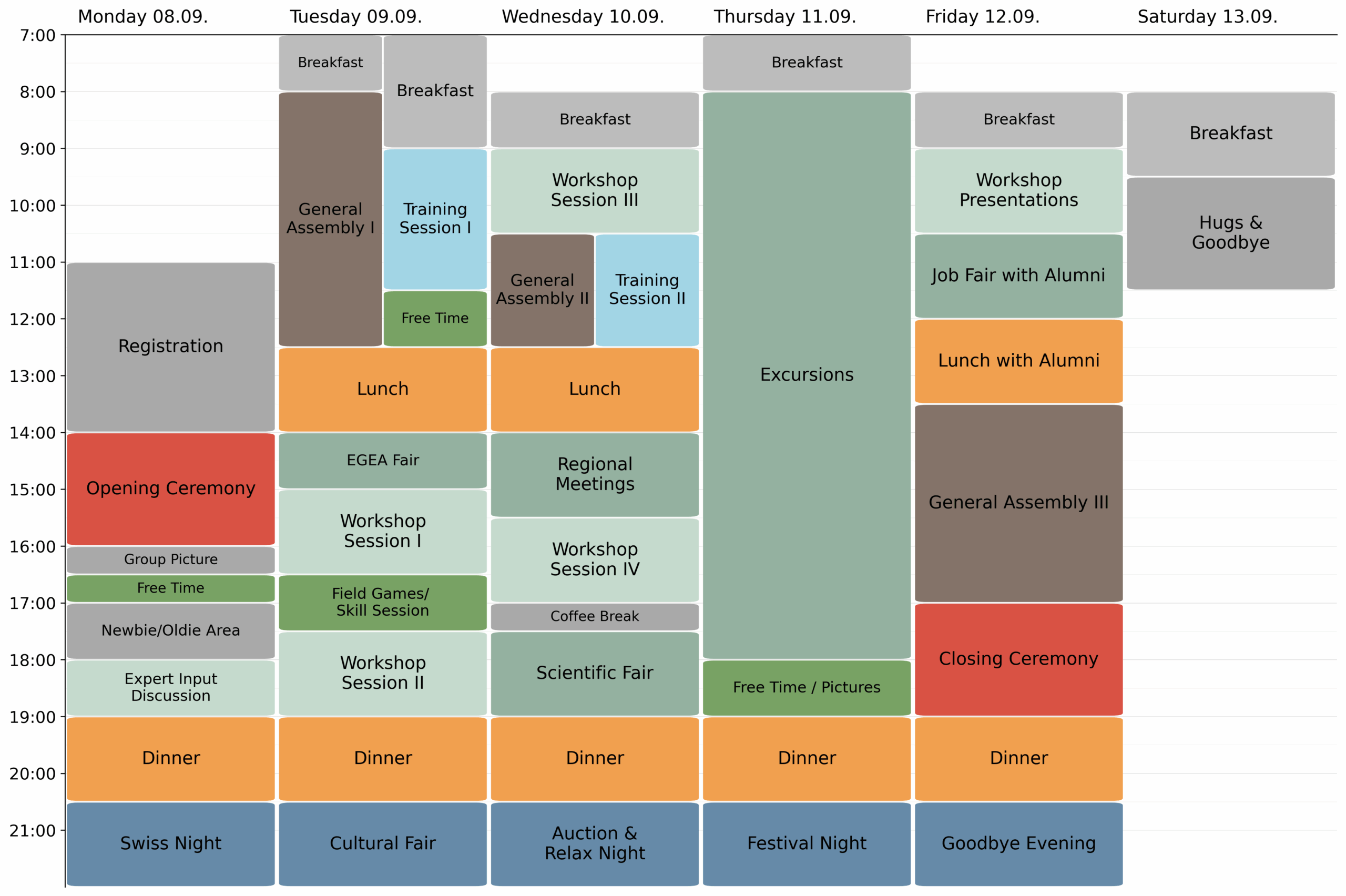
Workshops

More than Games: Urban change and the planning of Paris 2024
Are you ready to explore the fascinating world of mega-events and urban transformation? This workshop will take you behind the scenes of one of the biggest sport events on the planet. Focusing on the Olympic Games in Paris 2024 as a case study, it explores the impact of large-scale events on the structure and functioning of cities. You’ll discover how hosting the Olympics affects cities, their environments, economies and communities. Key themes include the transformation of the urban landscape, processes of social inclusion and exclusion, and the challenges of organizing sustainable and inclusive Games. The workshop takes an interdisciplinary approach, aiming to offer a critical perspective on how global events shape contemporary urban life. Whether you’re passionate about sports, urban planning or just curious how cities evolve, this workshop will inspire and engage you.
Workshop leader: Remigiusz Kałczuga & Mateusz Rosiak

Helping your community: Volunteerism in- and outside of EGEA
The mere fact that you are reading this right now probably means that doing the bare minimum is not enough for you. And guess what: You are not the only one! You are the culmination of a long history of volunteerism. But let us be honest for a moment: EGEA is not the only way people get involved in their local communities. Some people help neighbors with repairs, some help animals in shelters, some provide after-school tutoring with children, others join a local community organization. What is the right thing for you? And which forms of volunteering does your community offer? After little dive into the theories of volunteerism, we will work together on visualising a way you can get further involved. You are a courageous person. Do not let comfort or the state of the world overwhelm you. Do something about it.
Workshop leader: Matthew Becker & Nataliia Filimonchuk

Goal! But at what cost? Mega-events social impact, place-making and the afterlife of infrastructure
Have you ever wondered what is going on with mega-events logos and how it’s connected to local identity? Everyone remeber Shakiras Waka Waka during 2010 World cup but is anyone know the others mega events anthems? This workshop explores how mega-events like Olympic Games or World Cup affects the image, infrastructure and foremost identity of host cities. We would like to make an introduction to the place-branding topic. Through games, lectures and group work, participants will dive into real-world case studies – with a special focus on EURO 2008 and EURO 2025 in Switzerland – and then make an evaluation of them. Together, we will follow branding slogans, logotypes, abandoned or well-developed stadiums.
Workshop leader: Kinga Mateja & Mateusz Szkopiarek
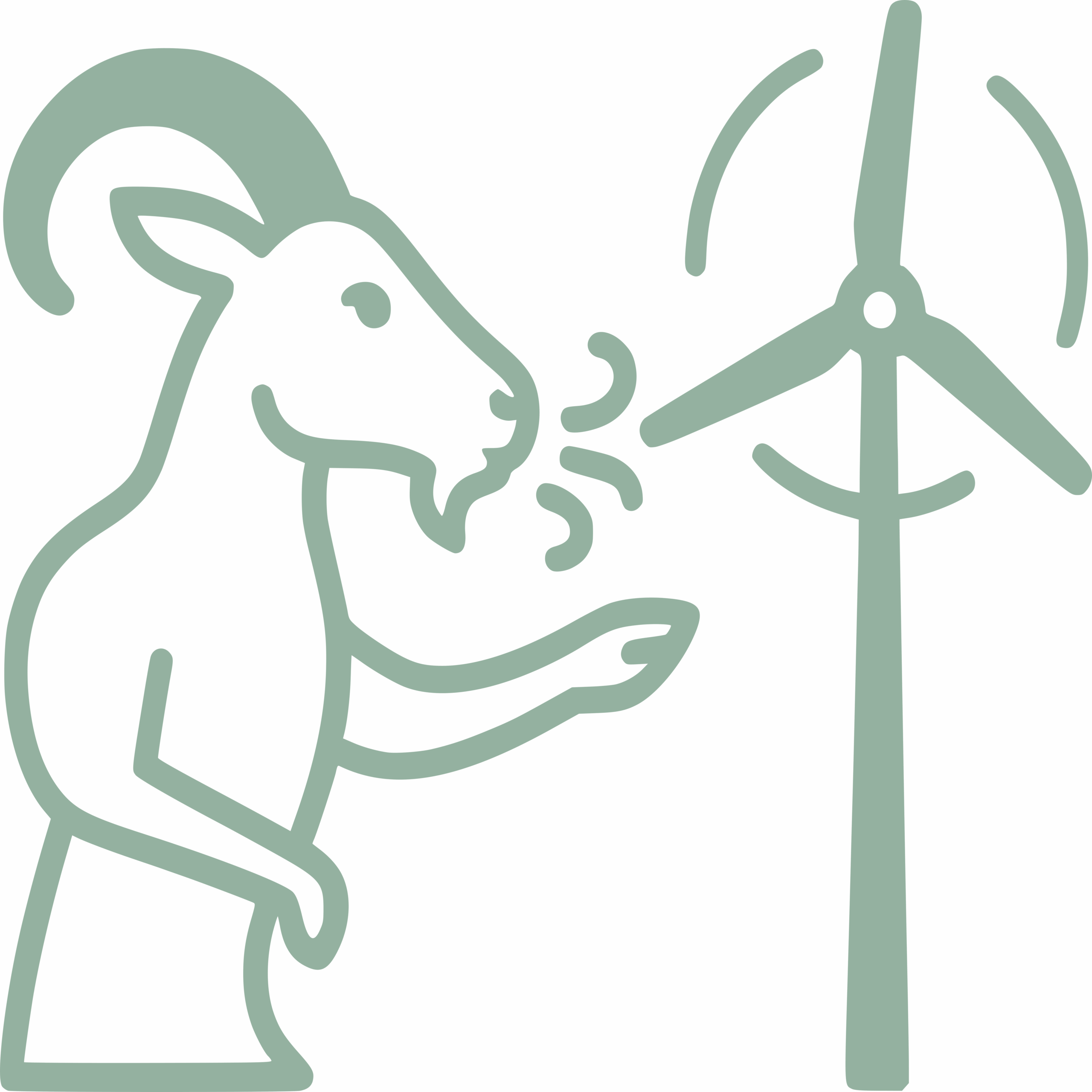
Energy for the event – Energy Supply for Mega-Events through GIS, Ecology, and Negotiation
Have you ever wondered how our energy systems can be decarbonized? In this workshop, Moritz and Johannes will guide you through the planning of a net-zero energy supply for a mega-event. You’ll carry out a biotope type mapping and use it—alongside legal and technical criteria—as a basis for siting wind, solar, or storage systems. Together, we’ll explore not only the physical and spatial conditions but also the social and technological conflicts that arise in renewable energy planning—offering a realistic and interdisciplinary insight into a key professional field for geographers. GIS experience is helpful but not required.
Workshop leader: Johannes Czernik & Moritz Helmecke

Festival Futures: Imagining Circular Mega-Events
Mega-events are beautiful moments of celebration, but they often come with a heavy ecological footprint. From short-lived infrastructure to massive overconsumption, events are in need of rethinking. In this workshop, we invite you to imagine what a truly circular mega-event could look like. These concepts can range from practical solutions to utopian visions, as the aim is to challenge assumptions and inspire new ideas. Whether you are new to festivals or an experienced festivalgoer looking to deepen your knowledge, you’re welcome to explore this topic with us!
Workshop leader: Heini Huovinen & Melissa Klimenko

Spying out megastructures
Spying Out Megastructures is a workshop all about giant structures built for massive events – think stadiums, concert arenas, or Olympic parks. We’ll take a deep dive into these megastructures using satellite data and remote sensing tools to see how they impact the natural environment around them. Our main tool will be Google Earth Engine (GEE) – a powerful platform for satellite image analysis that is built on JavaScript. Don’t worry if you’re new to all this – the workshop is designed for people with zero experience in remote sensing or GEE. We’ll guide you step-by-step, making sure everything is easy to follow and fun to learn.
Workshop leader: Pola Mickiewicz & Zofia Sułkowska

Let’s Make a Celebration – and Map What It Means
What better way to explore Geographies of Celebration than… by throwing our own celebration? In this workshop, we’ll do exactly that – by building a playful geoquiz web app as our main “goal.” You’ll learn how to use simple GIS and web mapping tools to create an interactive quiz that can inform, surprise, or make people laugh, while also making them think about the social, environmental, and logistical sides of mega-events.
The geoquiz is our baseline project – it’s easy, fun, and a great way to share geography with anyone. But if you have a burning idea for another type of event-related GIS web app – maybe a CO₂ calculator for concert travel, a crowdsourced map of local bars, or an interactive food-sourcing planner – we’ll help you bring that to life instead.
No GIS experience? No problem. We’ll start from scratch, sprinkle in datasets about travel modes, food miles, and event locations, and by the end you’ll have a working app to share. It’s part mapping, part creativity – and 100% a celebration of your own making for the final presentation.
Workshop leader: Stefan Graf (Esri), Johann Neugebauer (Esri) & Marcel Felix (EGEA)
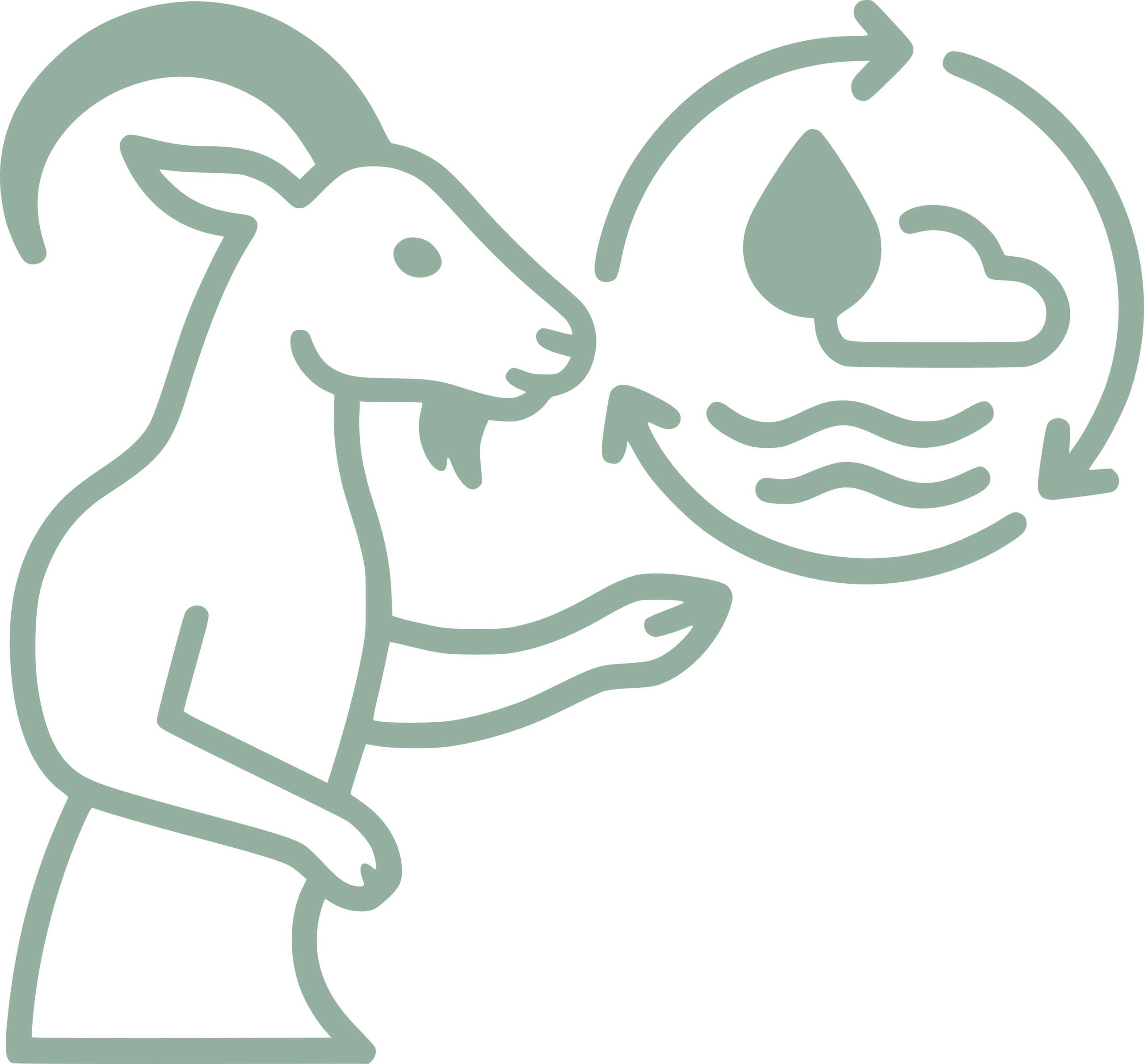
The (economic) cycle of water
Have you ever wondered how river flow impacts our everyday lives and the local economy? If your answer is YES, then we invite you to join us on a journey through the fascinating high-mountain rivers of Switzerland. Together, we’ll dive into the topic of water management and explore the key properties of water that play a crucial role in this field. To make the most of the Congress setting, we will conduct fieldwork on the Grosse Melchaa River, collecting data for hands-on analysis. This data will be used during GIS sessions and in discussions about the opportunities and challenges that water presents to local communities. All the activities we’ll engage in are simple, fun, and fully guided—we’ll support you every step of the way.
Workshop leader: Igor Dmowski & Jan Jurkiewicz
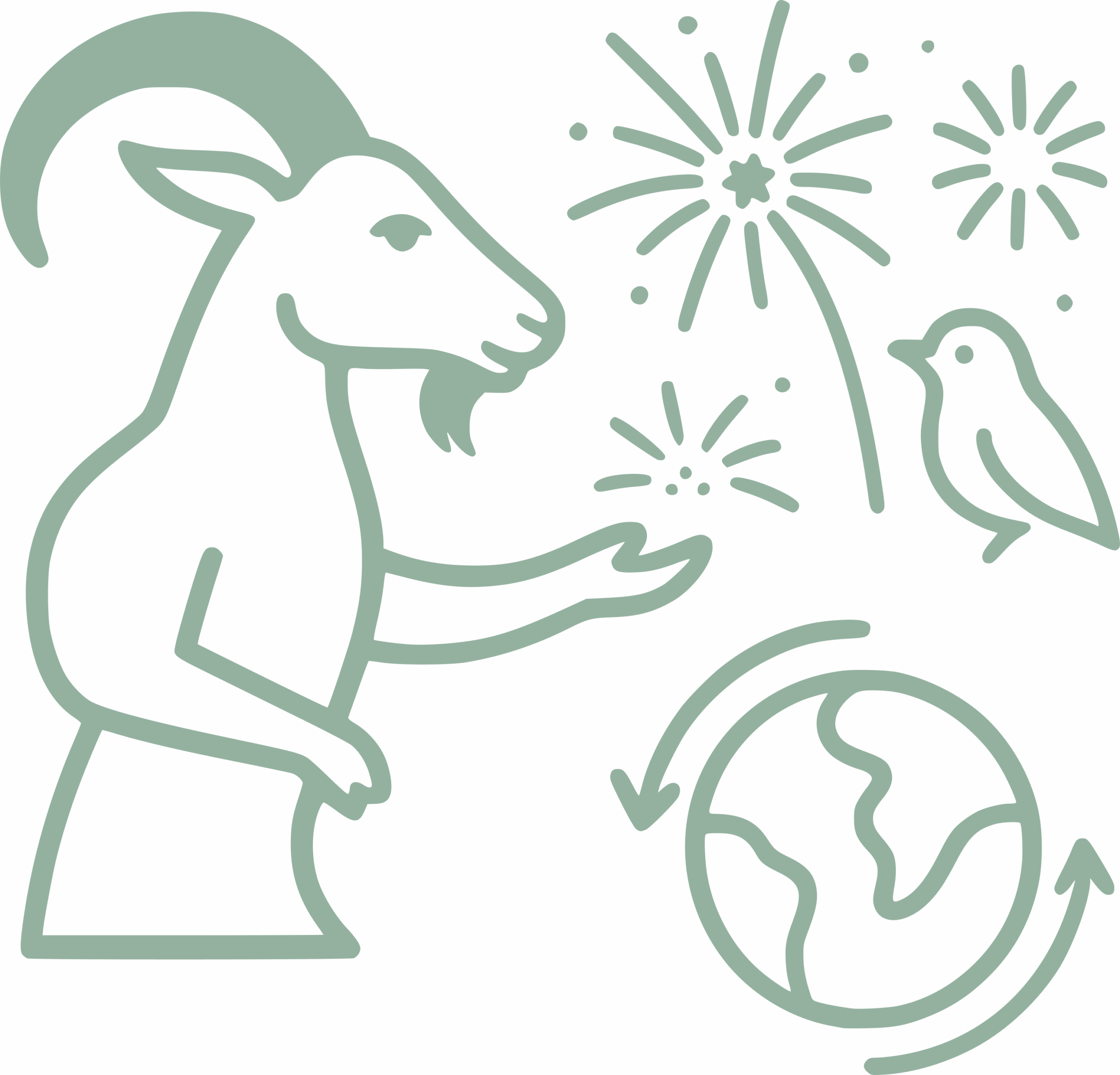
Explosive Entertainment: how fireworks affect humans, animals and the planet?
Big celebrations involving fireworks might be exciting for us, but they can be a real shock for animals and the environment. In this workshop, we’ll explore the impact on animals, our planet and society of these events and why it matters. Through real-life examples, group discussions, scientific input and your creative expression, we’ll dig into what could be done differently to reduce the damage while still enjoying the moment. To do this, we will work towards holding a debate that also highlights the reasons why fireworks are still widely used today by finding stakeholders interested in continuing the tradition and understanding their viewpoint in addition to the many convincing counterarguments.
Workshop leader: Klaudia Kurpios & Jacek Gładysiak
Trainings

Thriving under pressure
Stress isn’t your enemy. This training will help you turn stress into strength by understanding your personal stress response and learning how to use it to your advantage. We’ll focus on both managing your own stress and communicating effectively under pressure. You’ll walk away with simple, practical tools you can confidently use in real-life situations.
Training Leader: Marie Brožová

Intercultural Communication
This training session is dedicated to creating an open mind towards cultural differences, stereotypes, more tolerance, the awareness of human rights and the prevention of discrimination.Within the training the members will learn about simple models of culture, experience a little role play and discussions about the topic.
Training Leader: Barbara Kurtov

Move Through Stress: Understanding and Releasing Tension
In these two sessions, we will explore how stress affects the body and how we can respond to it in healthy ways. The first part will focus on understanding the body’s reactions to stress and how to prevent long-term tension. In the second session, you will learn simple, practical exercises to release stress and feel more balanced. No special skills are needed — just an open mind, curiosity and a willingness to move.
Training Leader: Zuzanna Pyskaty, Anna Mykych

Pitch Perfect: The Art of Public Speaking
A public speaking training helps individuals develop the skills to communicate and present their ideas clearly, confidently and persuasively in front of an audience. For geographers, this is especially useful when presenting research results, engaging with communities or influencing planning decisions. The training will include activities like crafting concise messages, improving vocal delivery, managing stage fright and practicing with real-world presentation scenarios relevant to geography. Participants will engage in group exercises, solo speaking exercises and short talks to build confidence and refine their public speaking style.
Training Leader: Dunja Galinec
Skill Sessions

A Step-by-Step-Guide: Building emotional resilience through art
In this beginner-friendly session, you’ll explore how painting and sketching can be used as tools to manage difficult emotions and build emotional resilience. No artistic background is needed, just a willingness to try something new! We’ll start as a group, introducing healthy coping strategies and creative techniques, then you’ll have quiet alone time to practice turning thoughts and feelings into shapes and colors at your own pace. You’ll leave with your own sketch and some practical ways to support your well-being!
Leader: Emma Cato Radosevic, EGEA Vienna

A refresher on English grammar, phrases, and vocabulary
This session will cover a quick revision of useful grammar (mainly tenses), basic phrases, and practical vocabulary. There will also be time to answer any questions participants might have. If time allows, we’ll also touch on formal English and email writing skills. Join in if you want to improve your English!
Leader: Anne Denzlein, EGEA Würzburg
Excursions
Notice: Clicking on the excursion will take you directly to the excursion reports!
Location
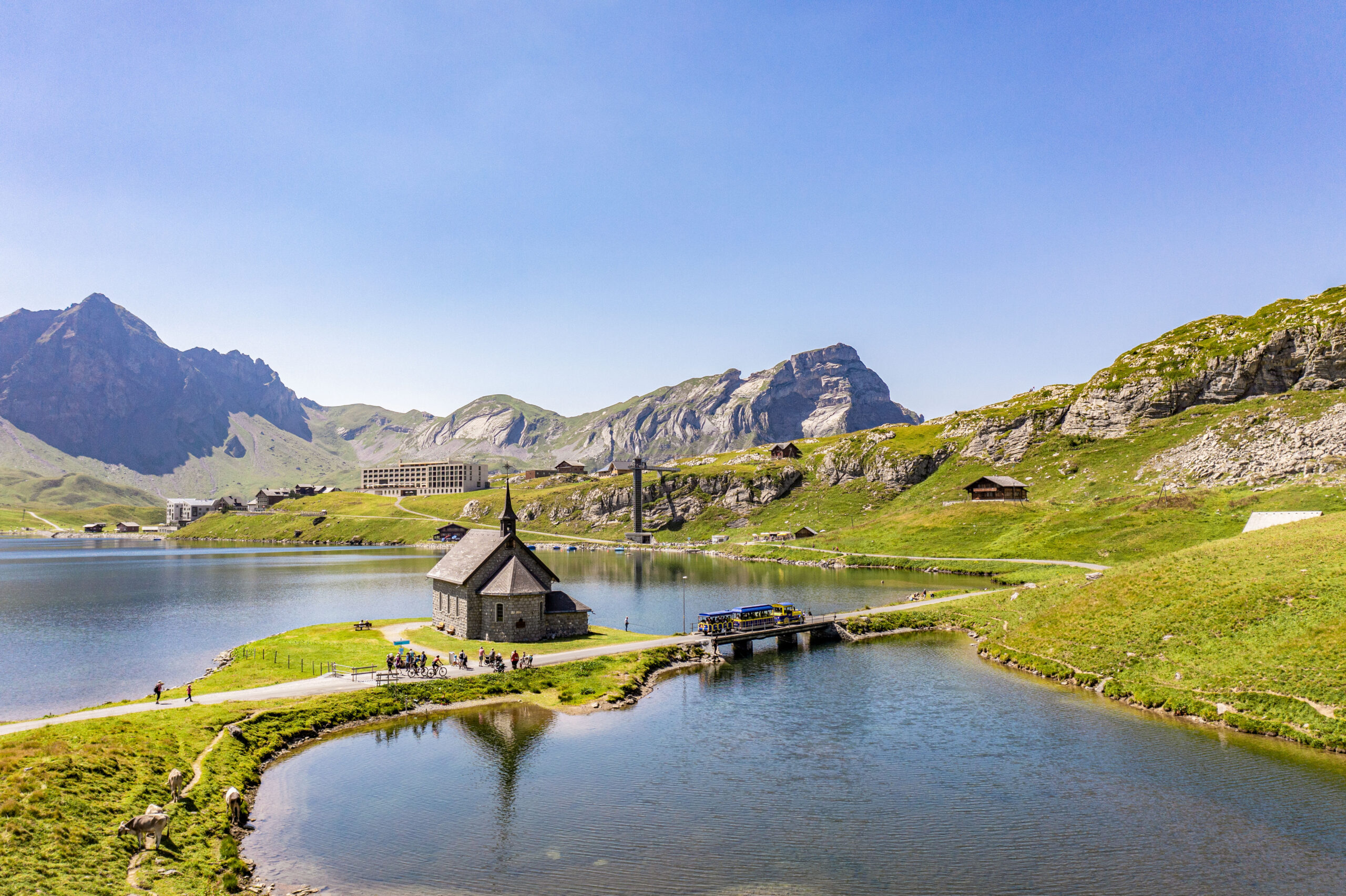
region Melchtal
Our congress will take place in the Melchtal which is situated in the geographic centre of Switzerland ca. 80 km south of Zurich. The valley shaped by the river Melchaa is surrounded by beautiful mountain formations and nearby lakes. The Melchtal is famous for being the supposed origin of Arnold von Melchtal, one of the three legendary founders of Switzerland, according to the country’s founding myth.
Accommodation
With the Sportcamp Melchtal we found an ideal venue for our congress with a breathtaking mountain view. Located 890 m above sea level, it offers everything we need: A spacious hall for GA sessions and evening events, multiple workshop rooms, and many outdoor possibilities. Whether you’re exploring nature trails, unwinding in the fresh alpine air, or getting active on the sport courts with volleyball or bouldering, Sportcamp Melchtal combines relaxation with adventure, making it an inspiring setting for every part of our programme.
Around Melchtal
Adress of the accomodation :
Fruttstrasse 36, 6067 Melchtal, Switzerland
Travel guide
The congress starts with the registration at 11 am on Monday, 08th of September 2025, followed by the opening ceremony at 2 pm. Make sure to arrive on time! After one week of great experiences it is time to say goodbye after breakfast on Saturday 13th of September 2025. We recommend using the same way back.
Note that Switzerland has its own currency, the Swiss franc CHF (1 EUR ~ 0.95 CHF), but you can usually pay by card. At the congress you can pay in Euro.
Public transportation in Switzerland is a convenient and reliable way of getting around, which is why we recommend that you use it for your travels. Below you will find our suggestions for the various means of transport to and from the congress venue.
If you are travelling by train to the AC2025 your destination is the village of Sarnen.
There are several ways to reach Sarnen by train, for example RE7 or IR15 from Bern or IR70 and IR75 from Zürich. If you take the train from Zürich or Bern you need to change in Luzern to PE or S5. You can search for connections in the SBB Mobile App or on the website of the Swiss Federal Railway company SBB. As Switzerland is part of the European Youth Pacts, people up to the age of 26 receive discounts – for example, a group ticket for four people for 80 CHF in total for a whole day. You can find the best international train connections on comparison portals such as Trainline. The fastest train connections can be found on the EuroCity website. There are also student discounts there. We recommend using the SBB Mobile App to stay updated on track changes etc.
From Sarnen you have to take the Postal Busservice B 343 to Stöckalp and leave at the stop Melchtal, Sportcamp to get to the accommodation. We will later provide a sheet with the departure times, where you can sign up for and distribute to the various bus reservation we made for you.
The nearest Flixbus stop to Melchtal is Luzern, but Zug and Zürich are also possible. From there you have connections to Milan, France and Germany. You can also find cheap buses outside of Flixbus, for example on apps like Trainline. Sometimes you can get some student discounts on different national and international student discount websites (E.g. Studentenrabatt in Germany).
Check the section by train (and bus) for further information on how to get to the accommodation after reaching the major cities in Switzerland.
You can also drive to Sportcamp Melchtal by car, there are plenty of parking spaces. We recommend driving in groups and will later publish a carpooling sheet where you can find other EGEAns carpoolers.
Important: To use Swiss highways, you need a Vignette. They are only available for one year (01.01.2025 – 31.01.2026) and cost 40 CHF (44 EUR). You can buy them online or at service stations near the border.
The accommodation is located in the Swiss Alps, so it is the easiest way to get to Switzerland from the north, e.g. via international roads from southern German cities such as Freiburg, Stuttgart and Munich, but also from France and Austria.
If you have made it to Switzerland, the direct way to AC2025 is via highway 2, which connects Basel and Luzern. Coming from Zurich, you can take highway 14 and highway 4 to enter onto highway 2. Please keep in mind the speed limit of 120 km/h. Speeding Tickets are very expensive. I mean it’s Switzerland, what did you expect? If you drive pass Luzern, take highway 8 Junction Lopper to Interlaken until you reach Sarnen. From Sarnen you can take the cantonal road to Melchtal. The speed limit for main roads/highways is 100 km/h, for cantonal roads 80 km/h.
There is a barrier from the ski area in front of the entrance to the sportcamp, this should be open, otherwise you can take a ticket and validate it (for free) at the accommodation.
If you want to fly to AC2025, the nearest airports with suitable connections are Zurich (ZRH) or Basel-Mulhouse (the only airport with three codes: BSL in Switzerland, MLH in France, EAP in Germany). After arriving at the airport you can use the public transportation to Sarnen and to the accommodation. The cheapest airlines reaching Swiss airports are WizzAir and RyanAir. Use websites like Skyscanner and Google Flights to find the cheapest flights.
🌳To protect the environment, please check the other travel options before you book a flight, or consider traveling only one way by plane and the other by alternative modes of transport.
Registration & Open Calls
We offer 200 spots for participants, incl. fixed places for official positions.
Do you need financial support to attend the congress?
Consider applying for the support fund below.
➡️ Log in with your EGEA account to access the information below.
Sponsors
We would like to thank our sponsors for their generous support, without which we would not be able to realize this event.
Contact us
Mail: ac2025@egea.eu
Instagram: @ac25.egea
One Comment
Leave a Reply
You must be logged in to post a comment.
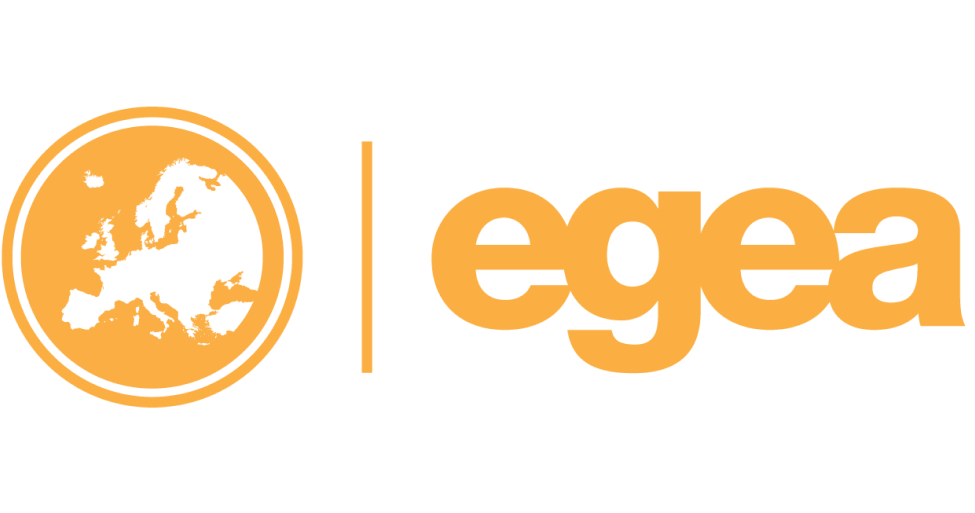

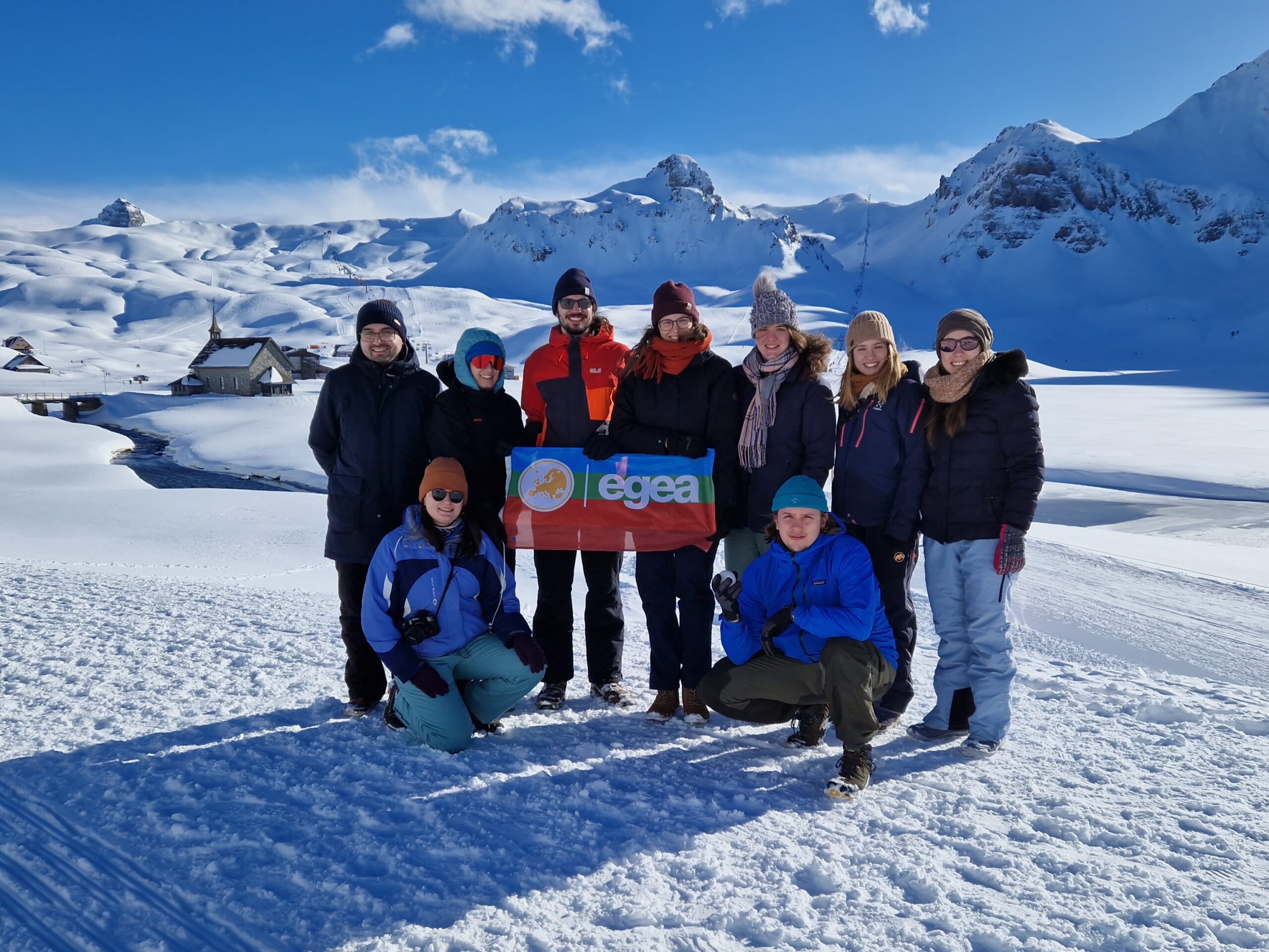
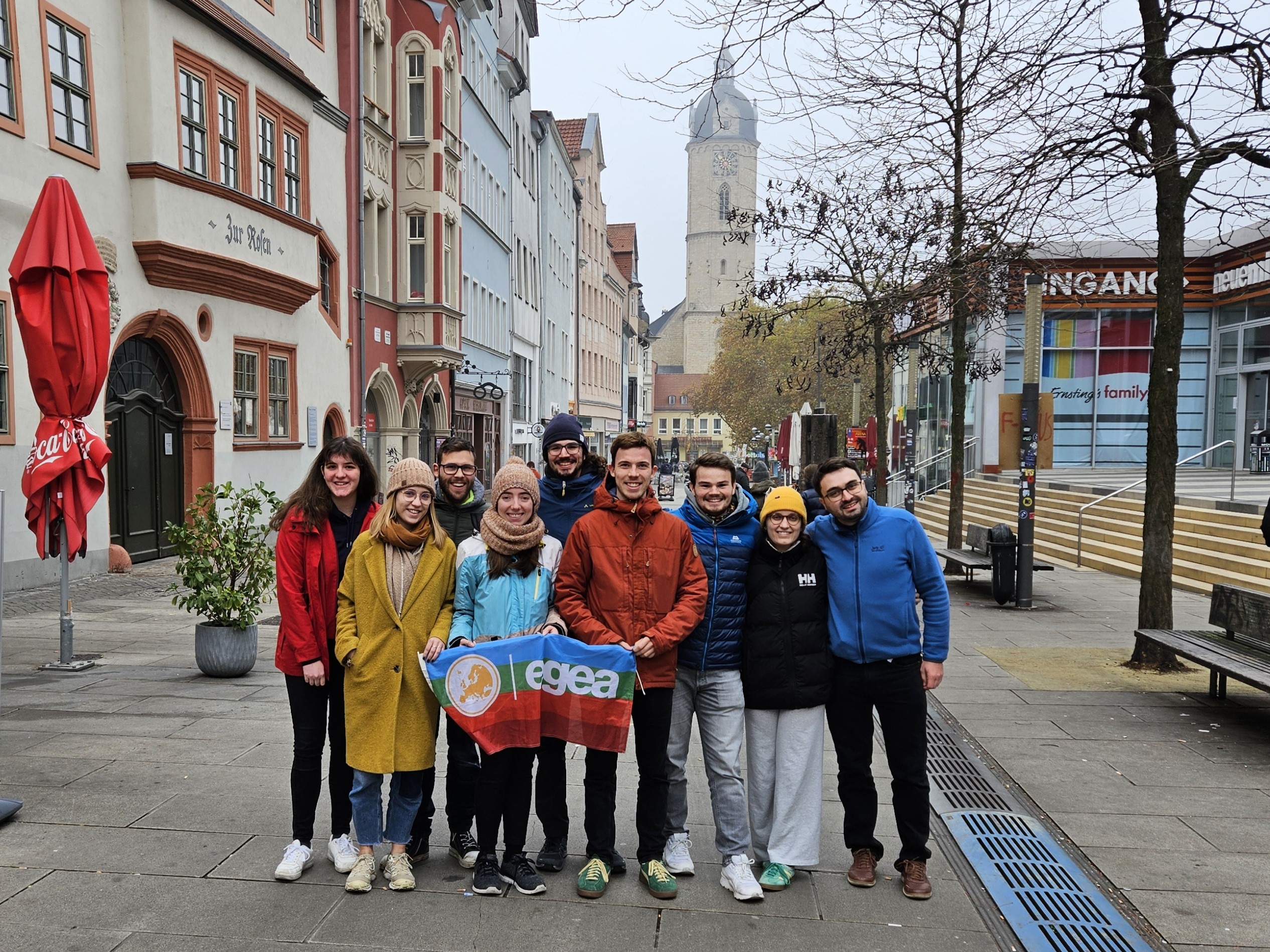
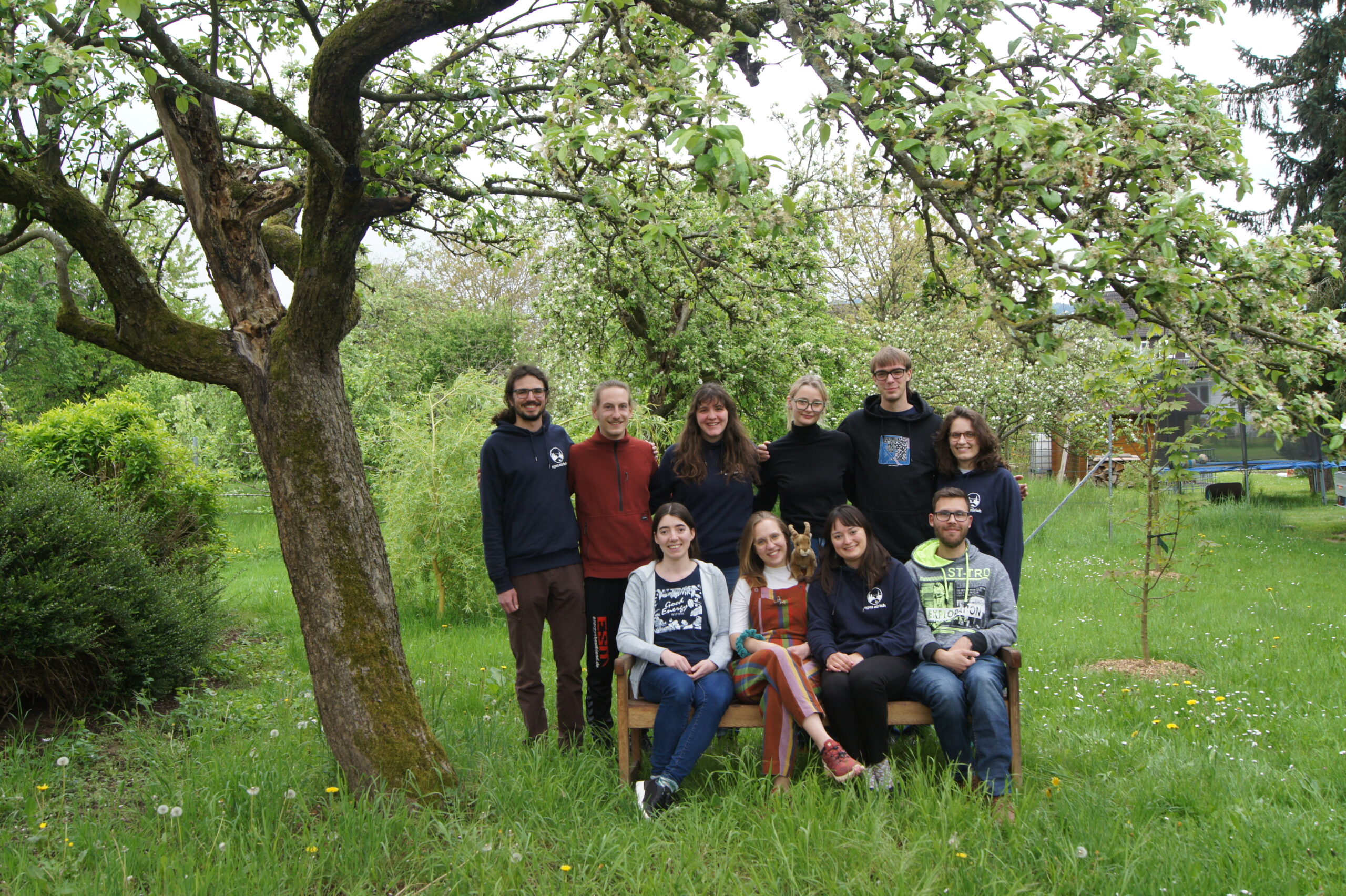
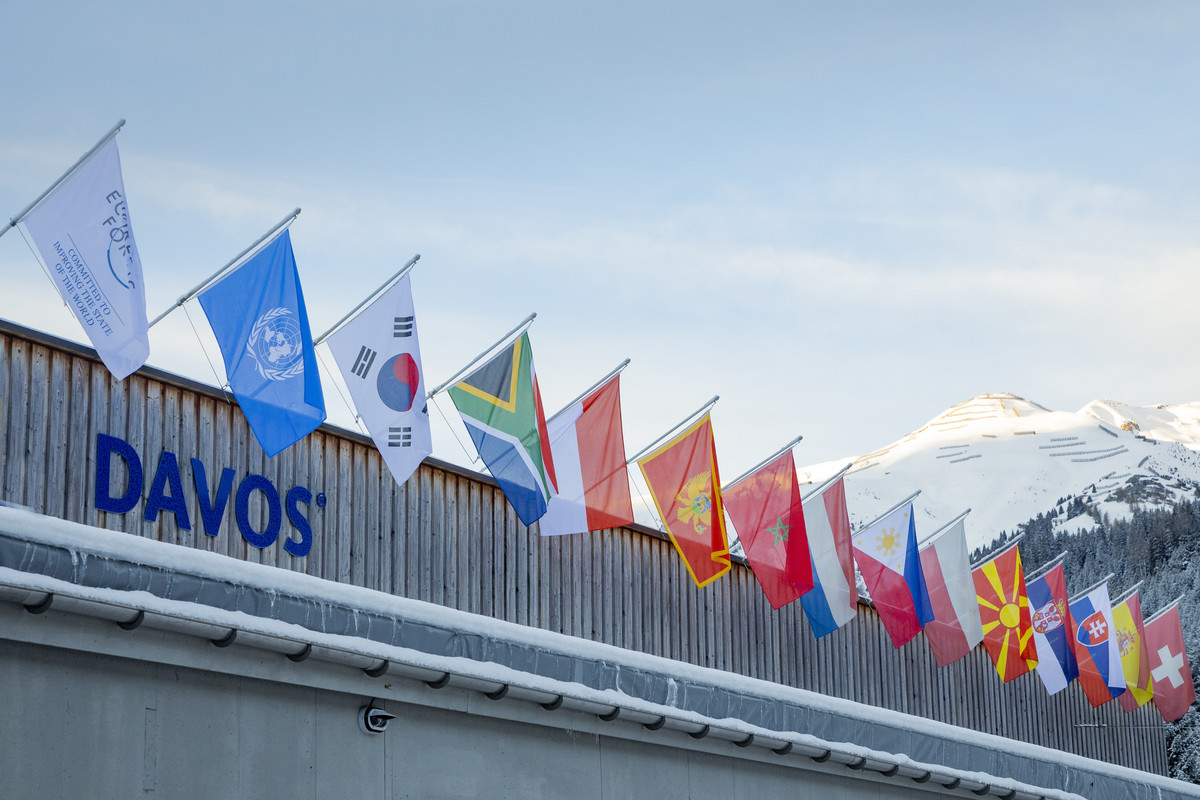
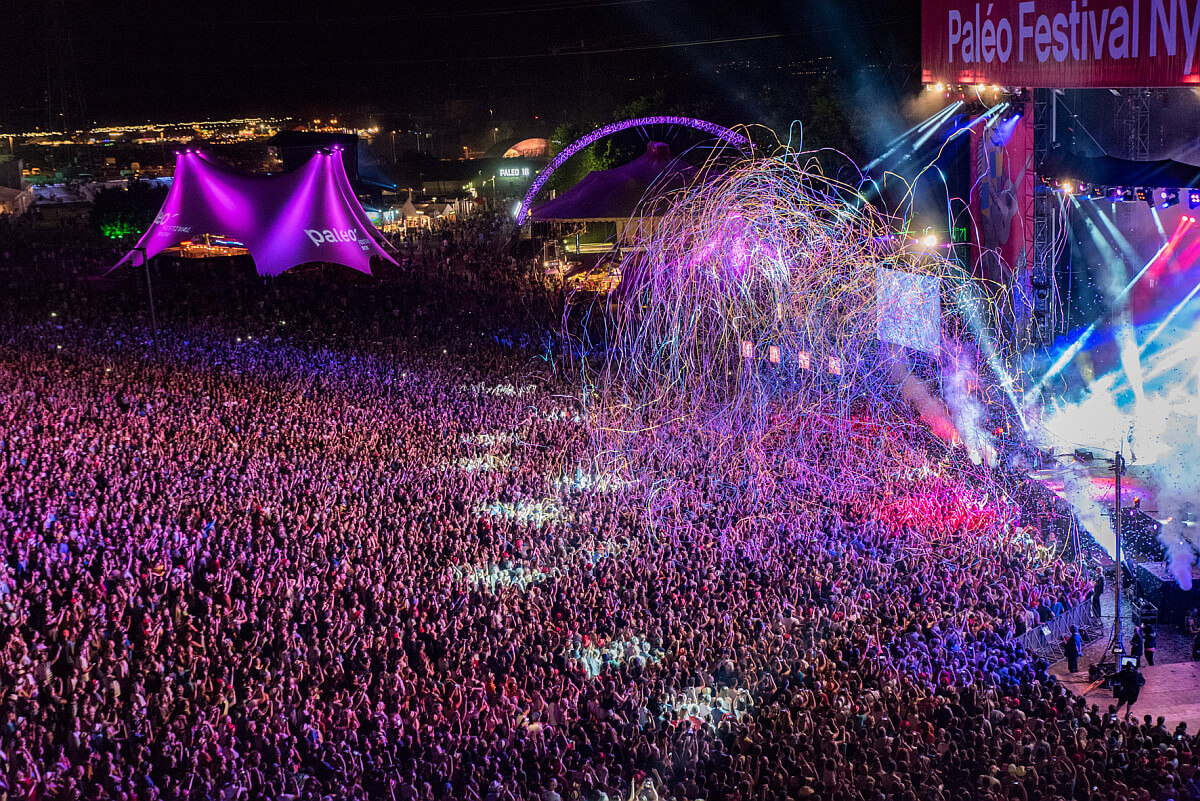
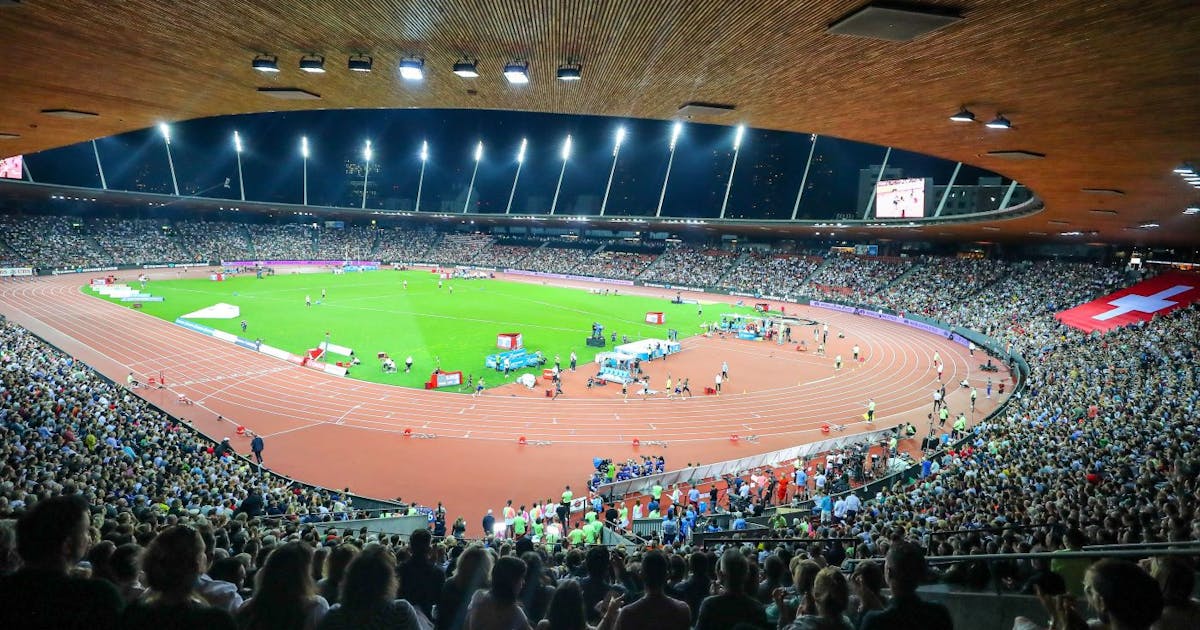
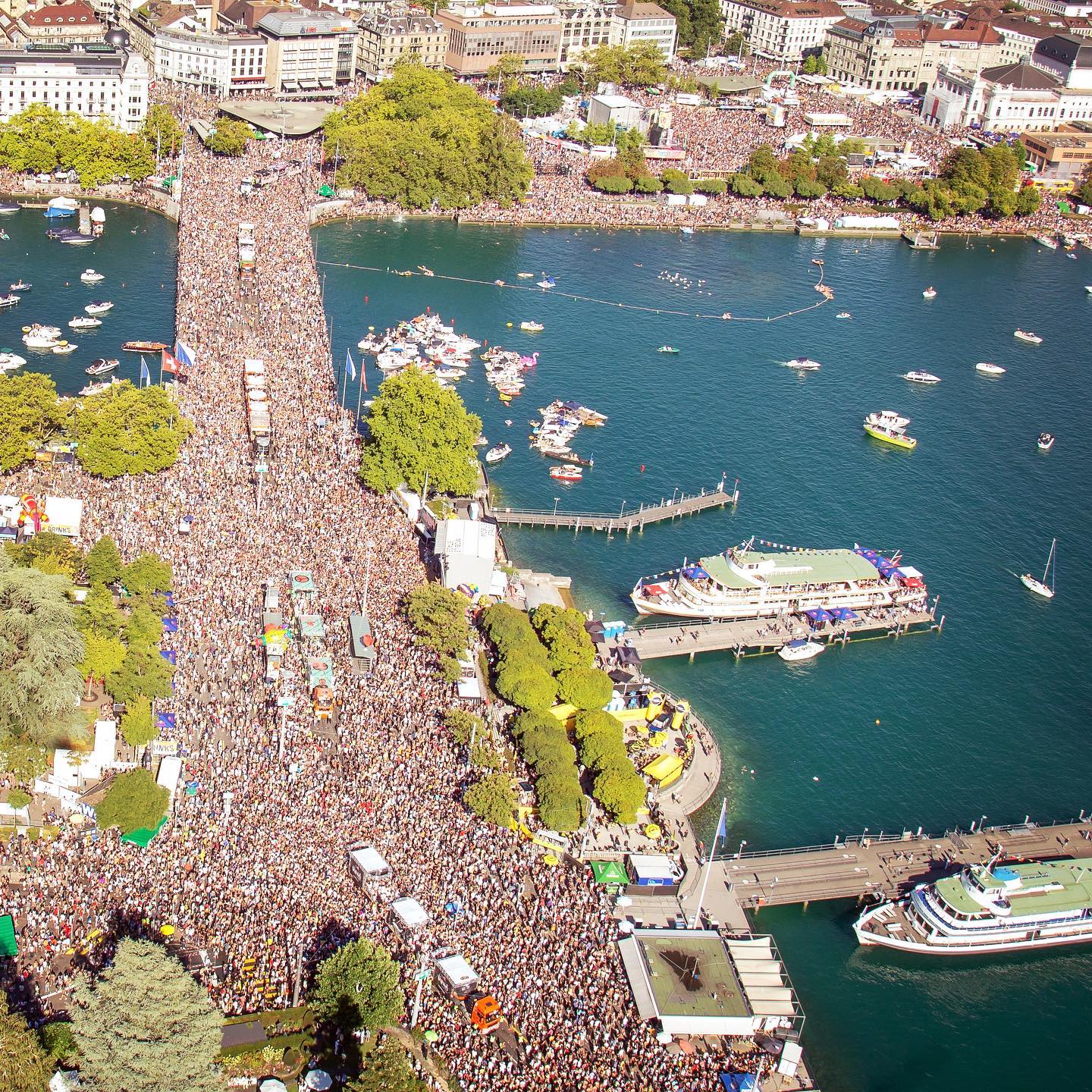
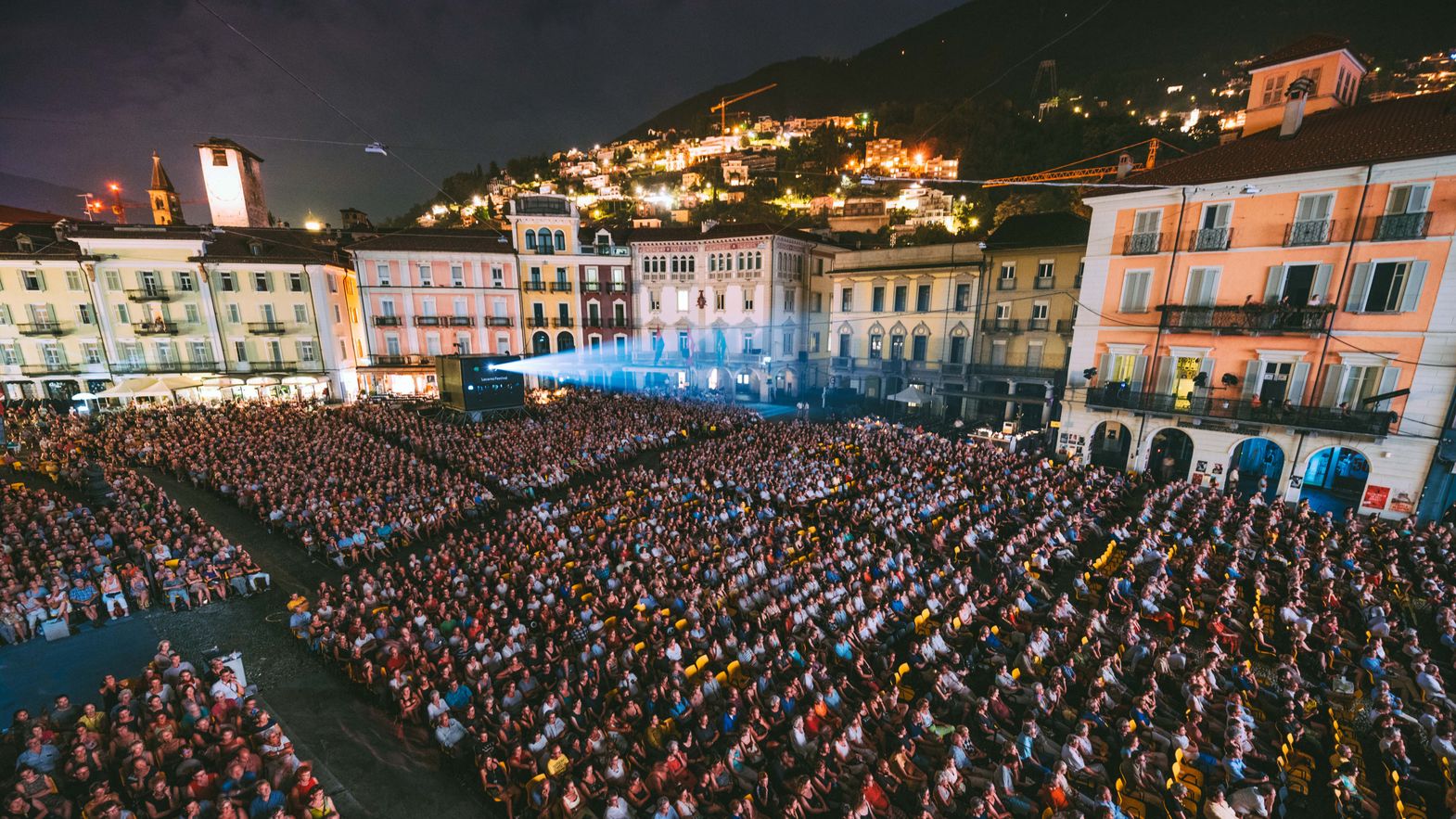






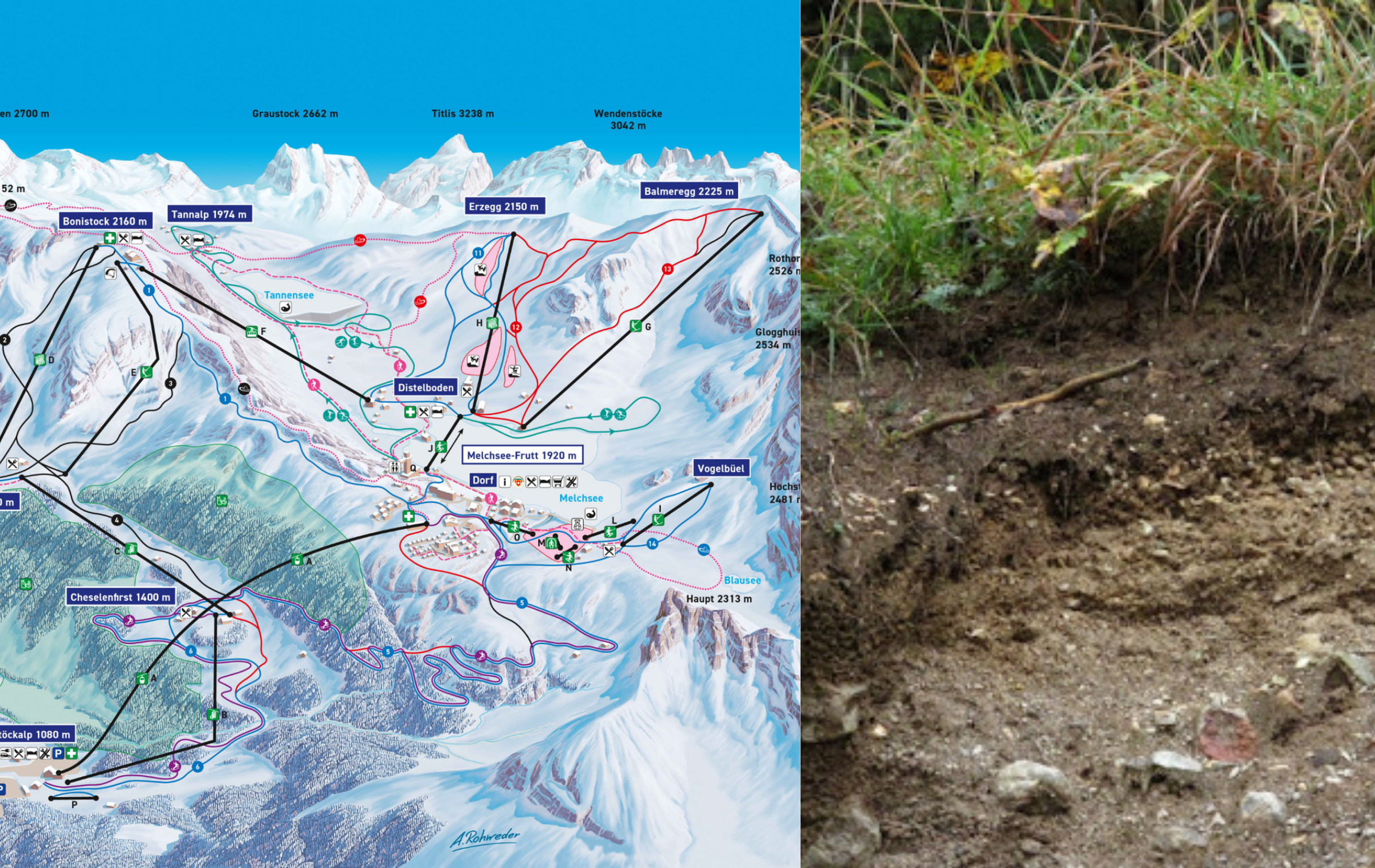

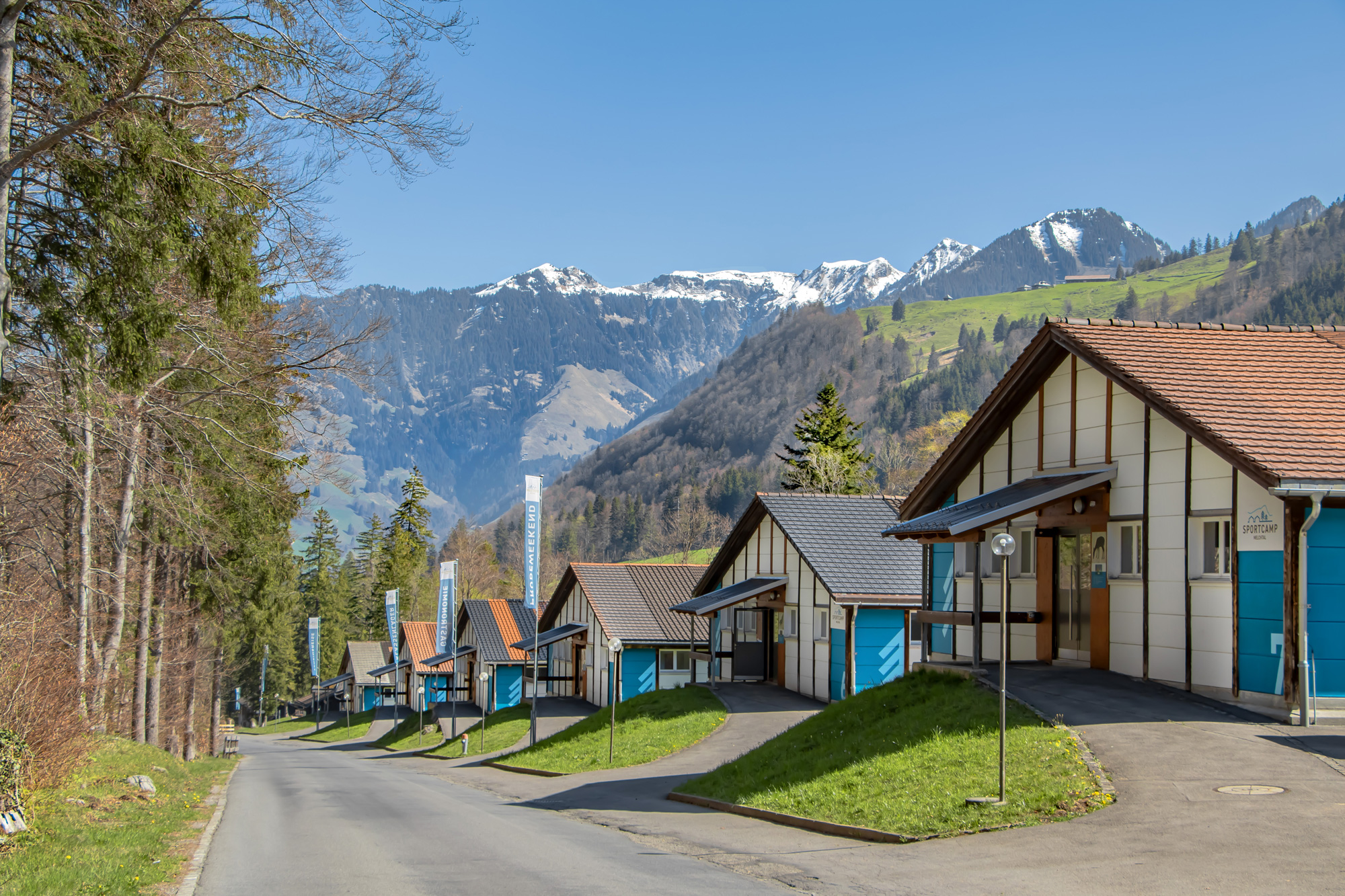
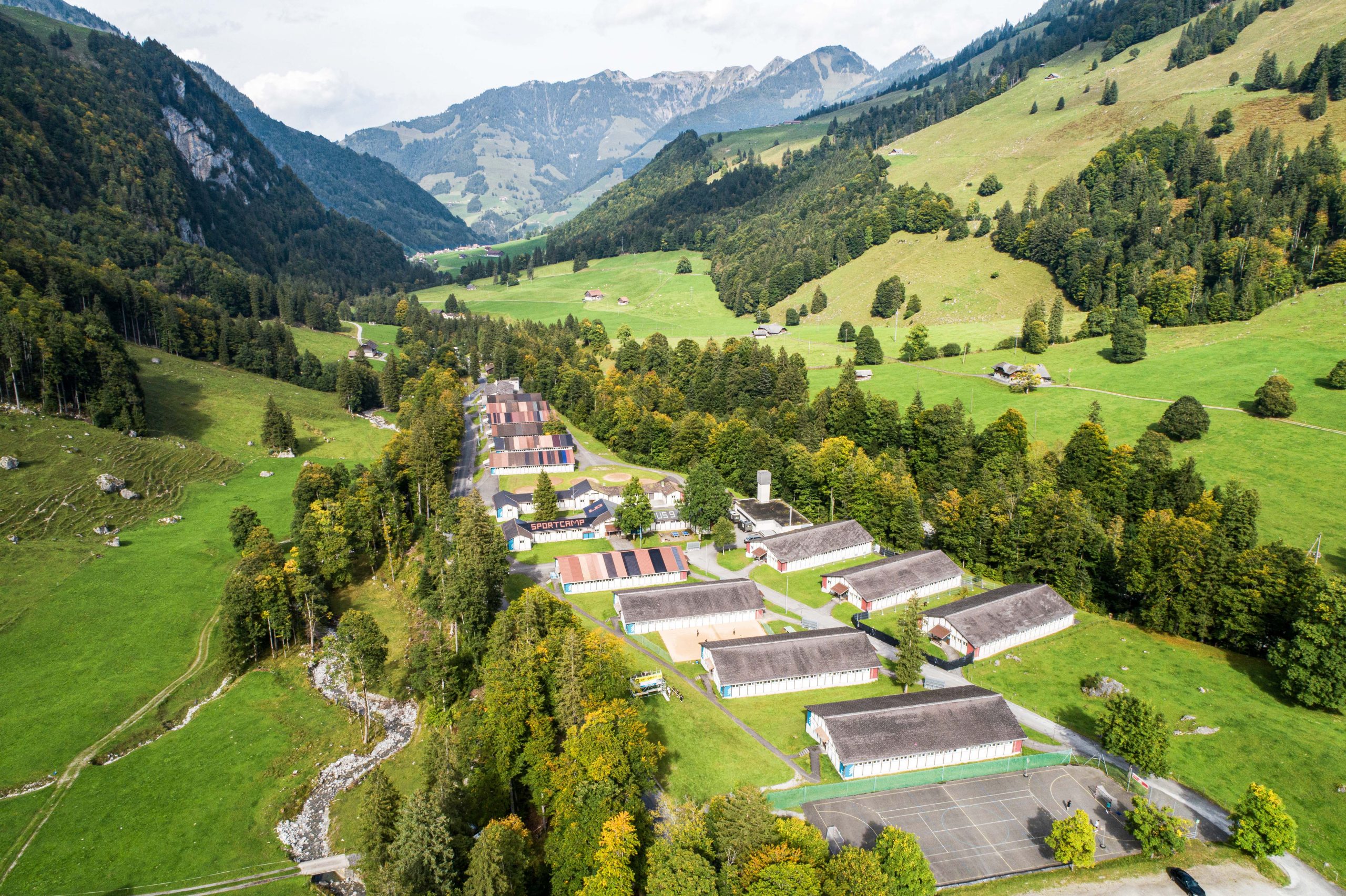
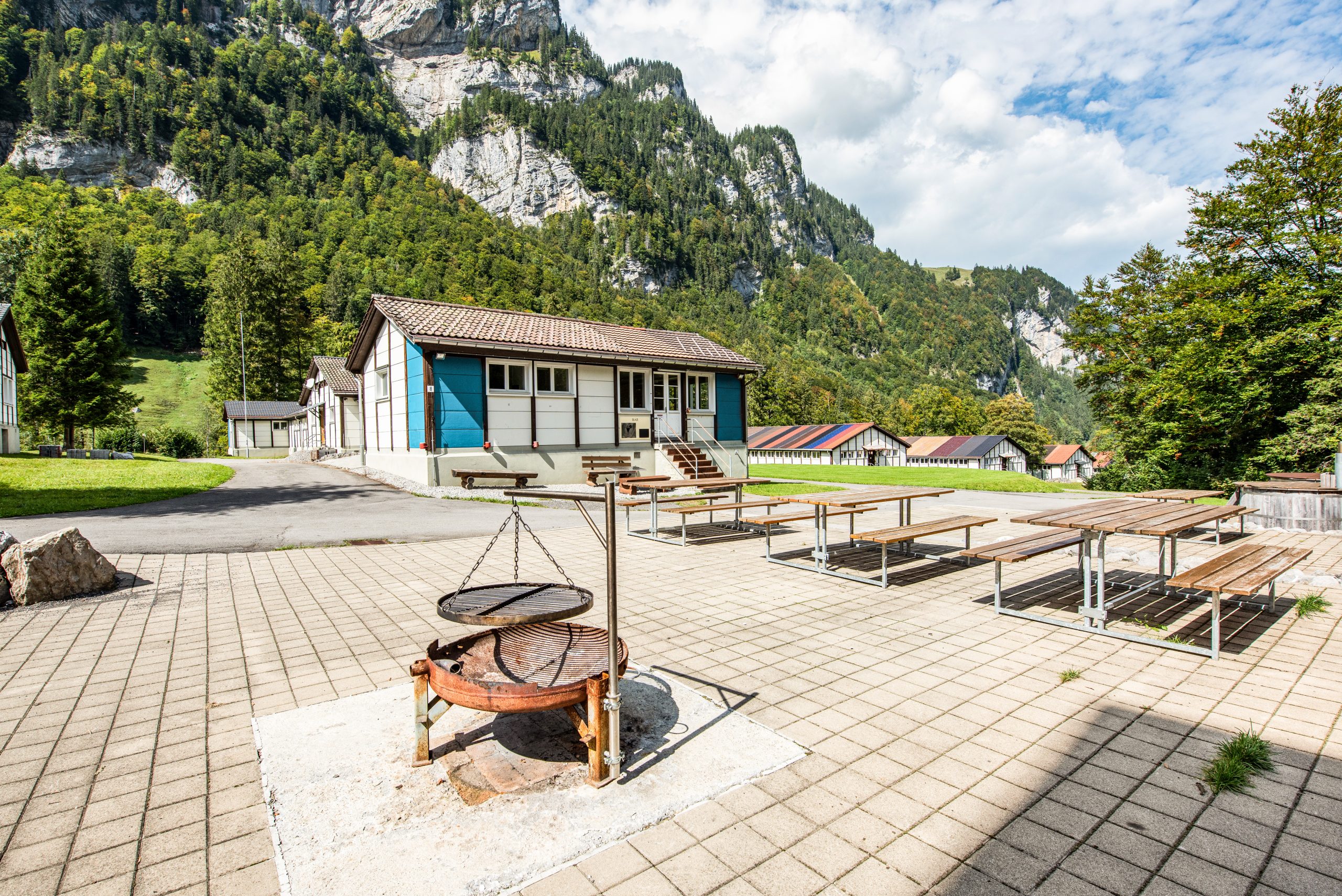
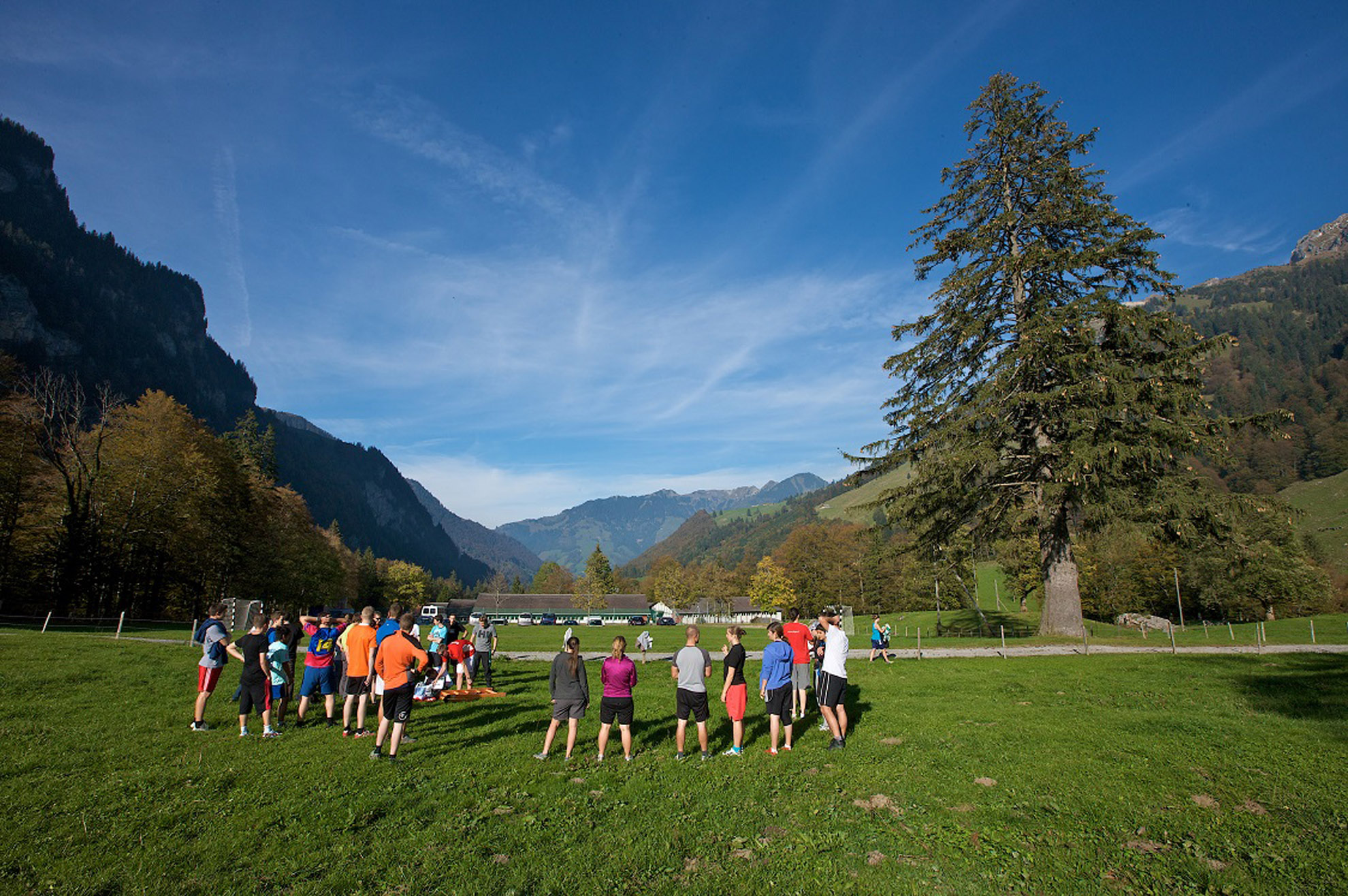
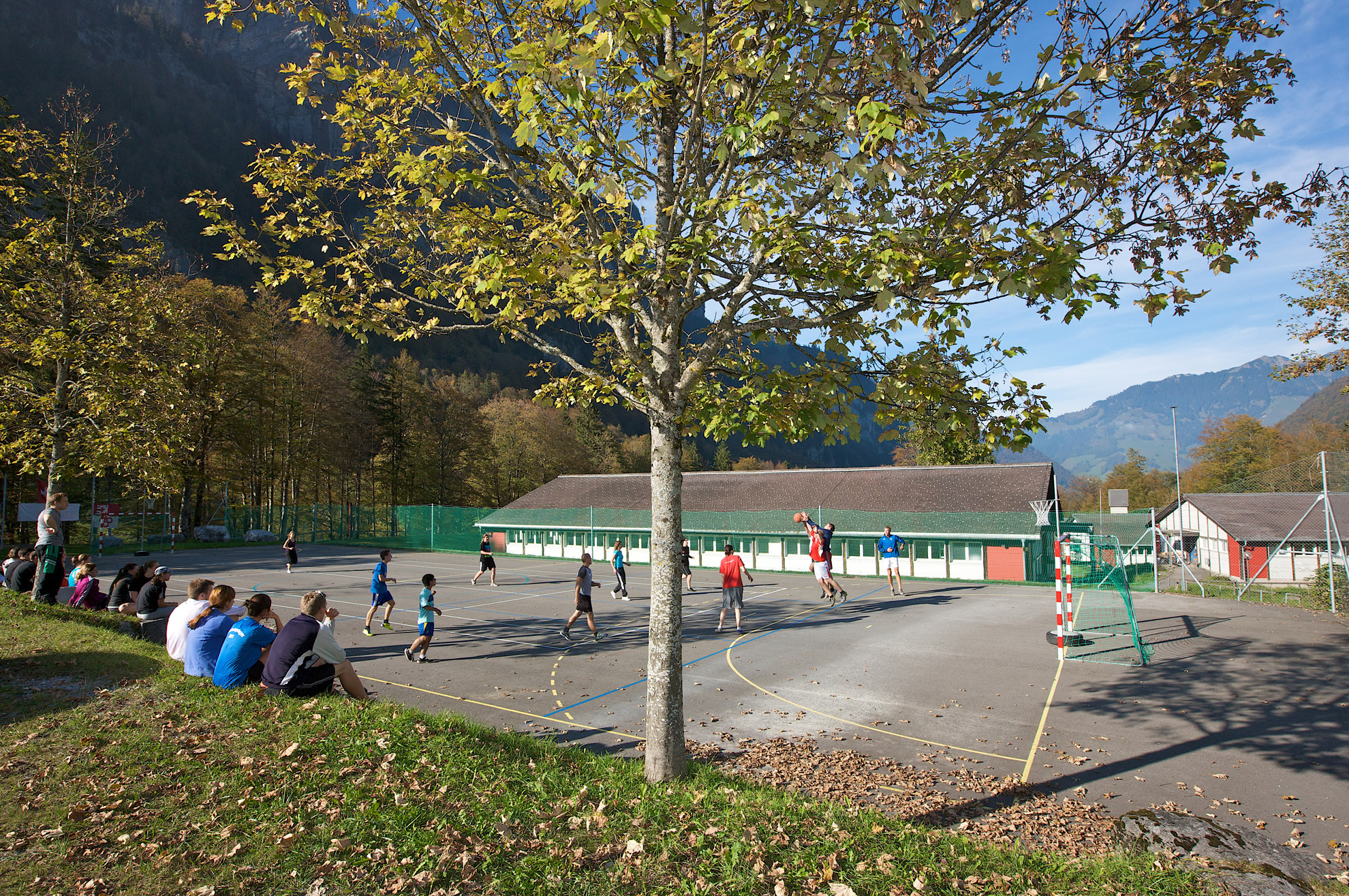
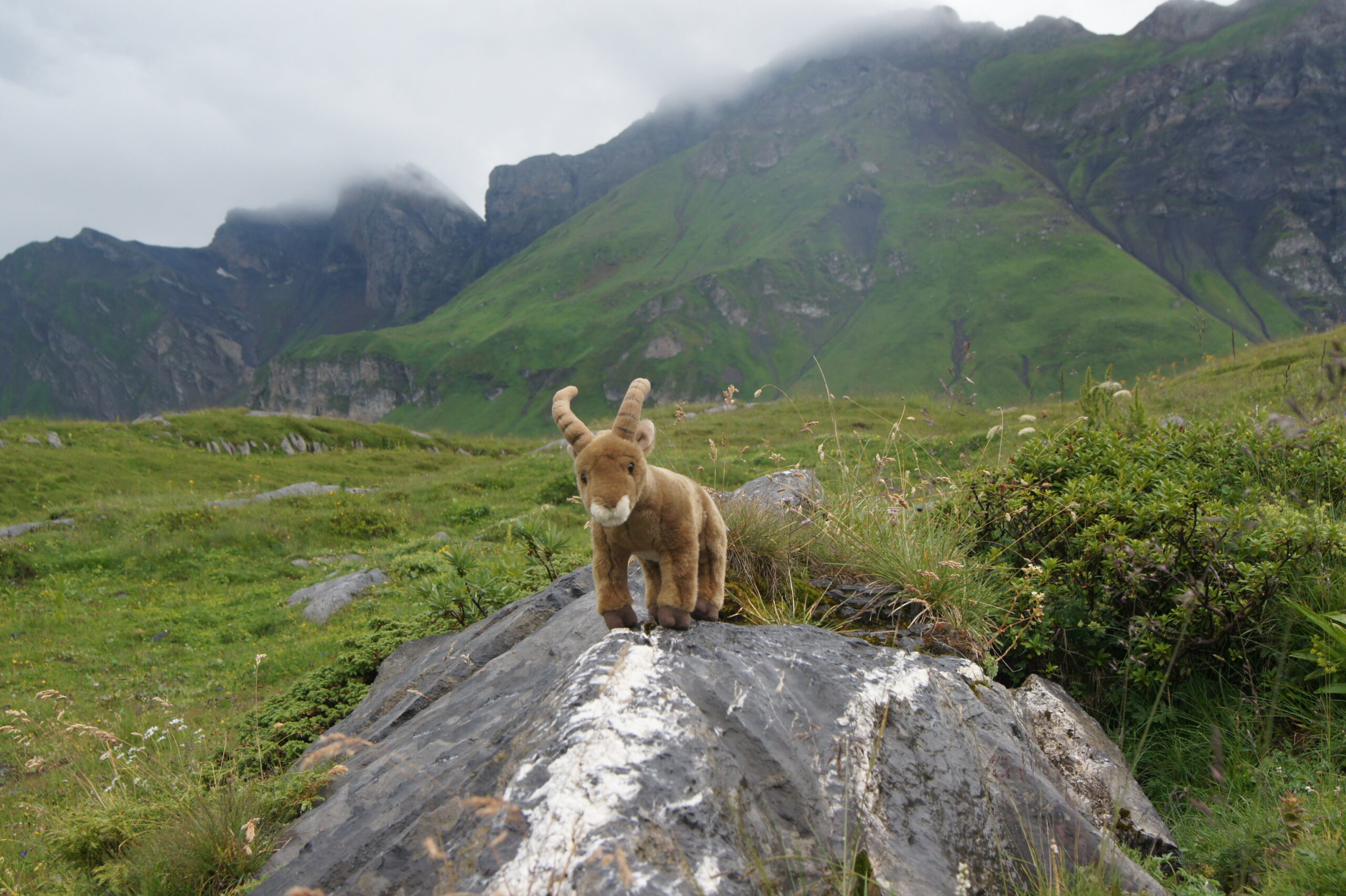
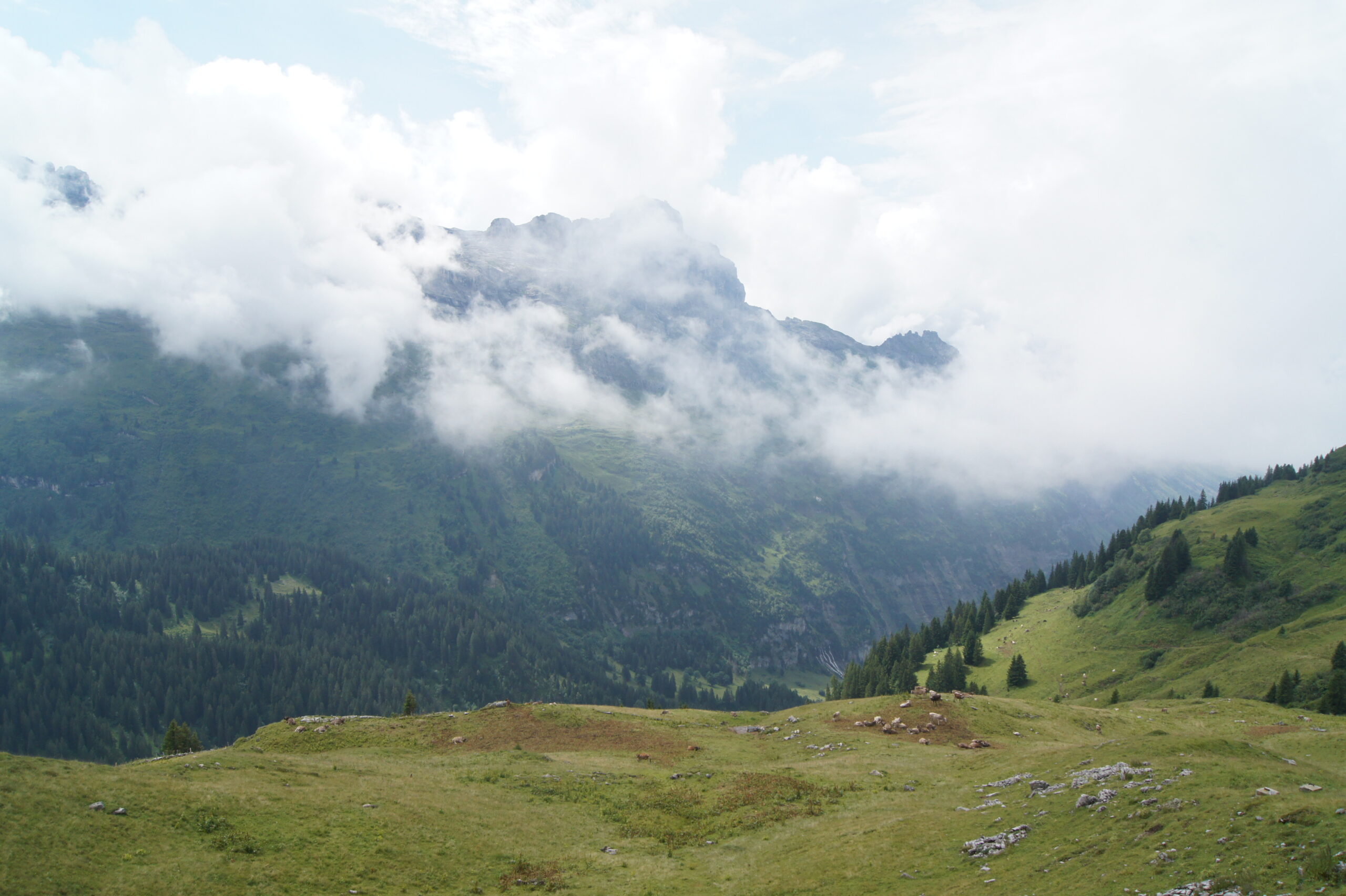
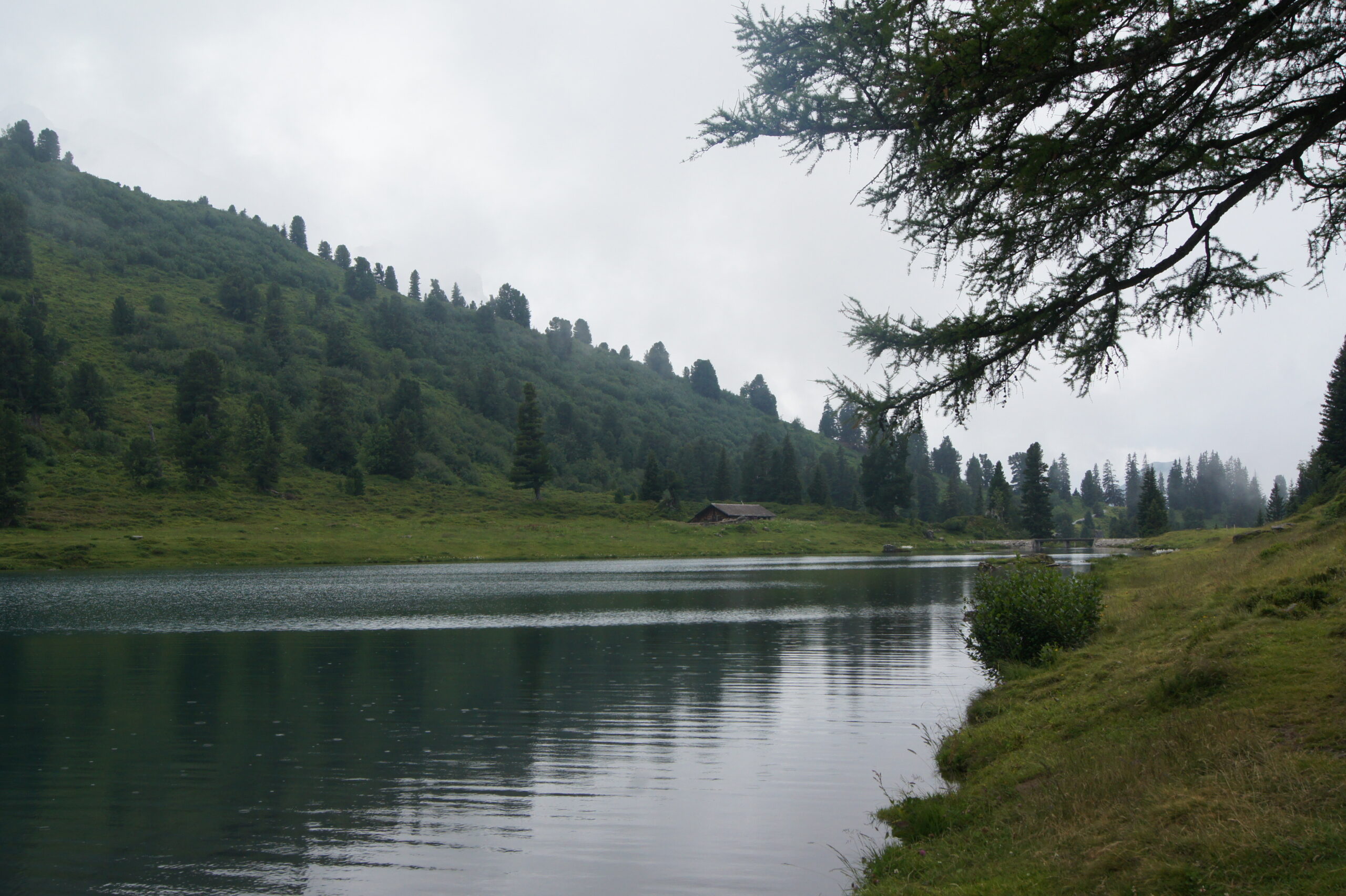
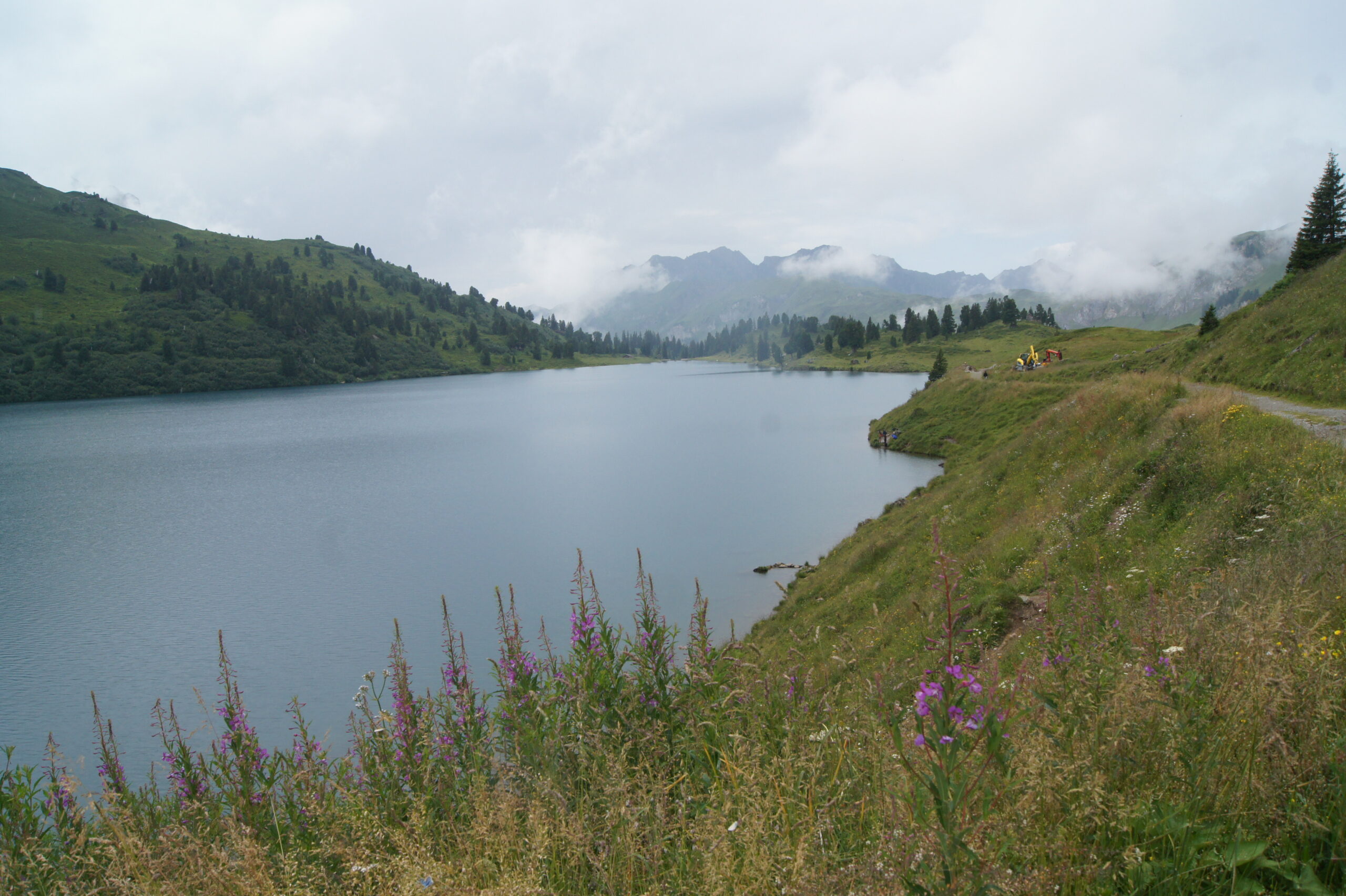
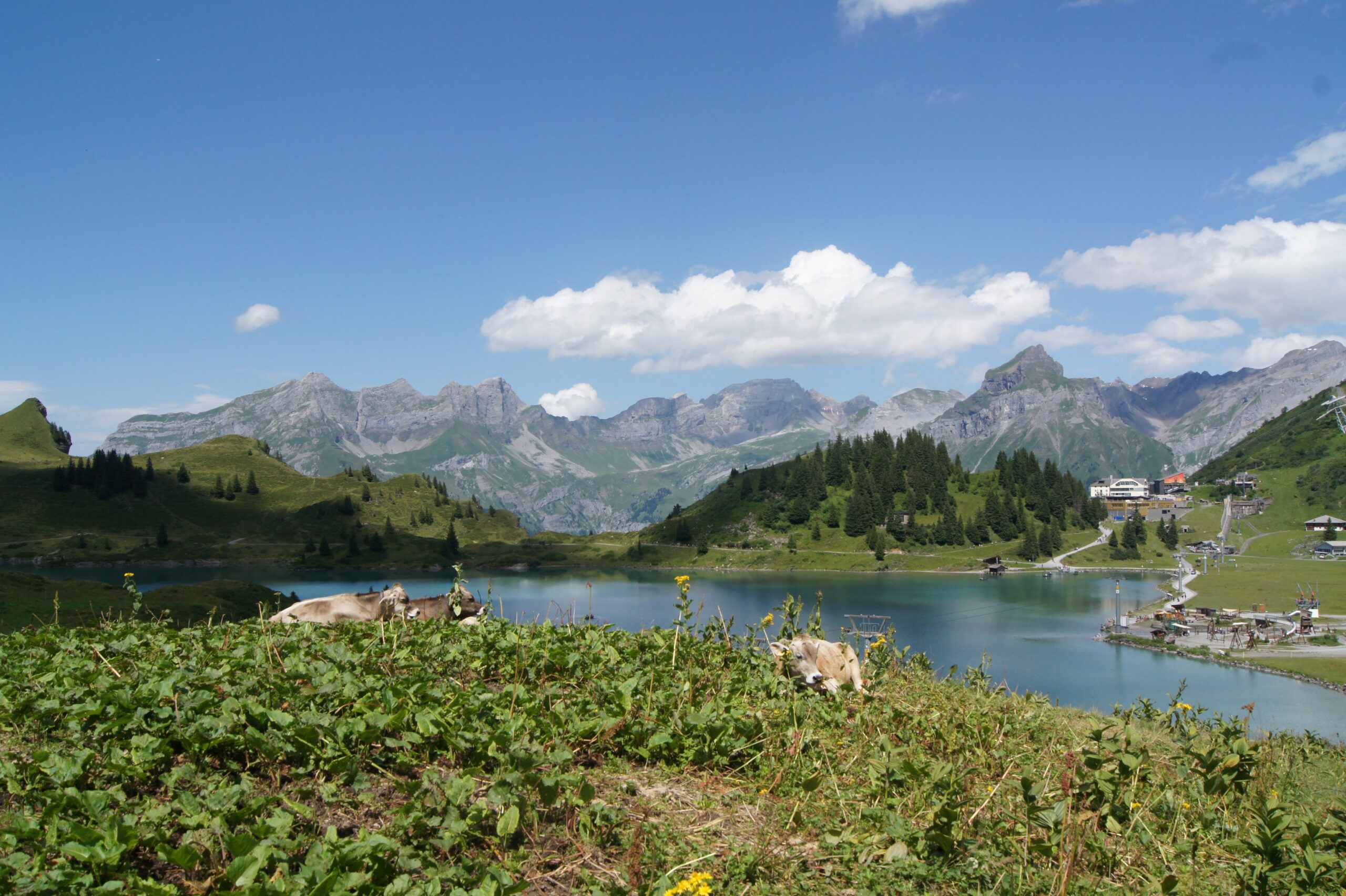
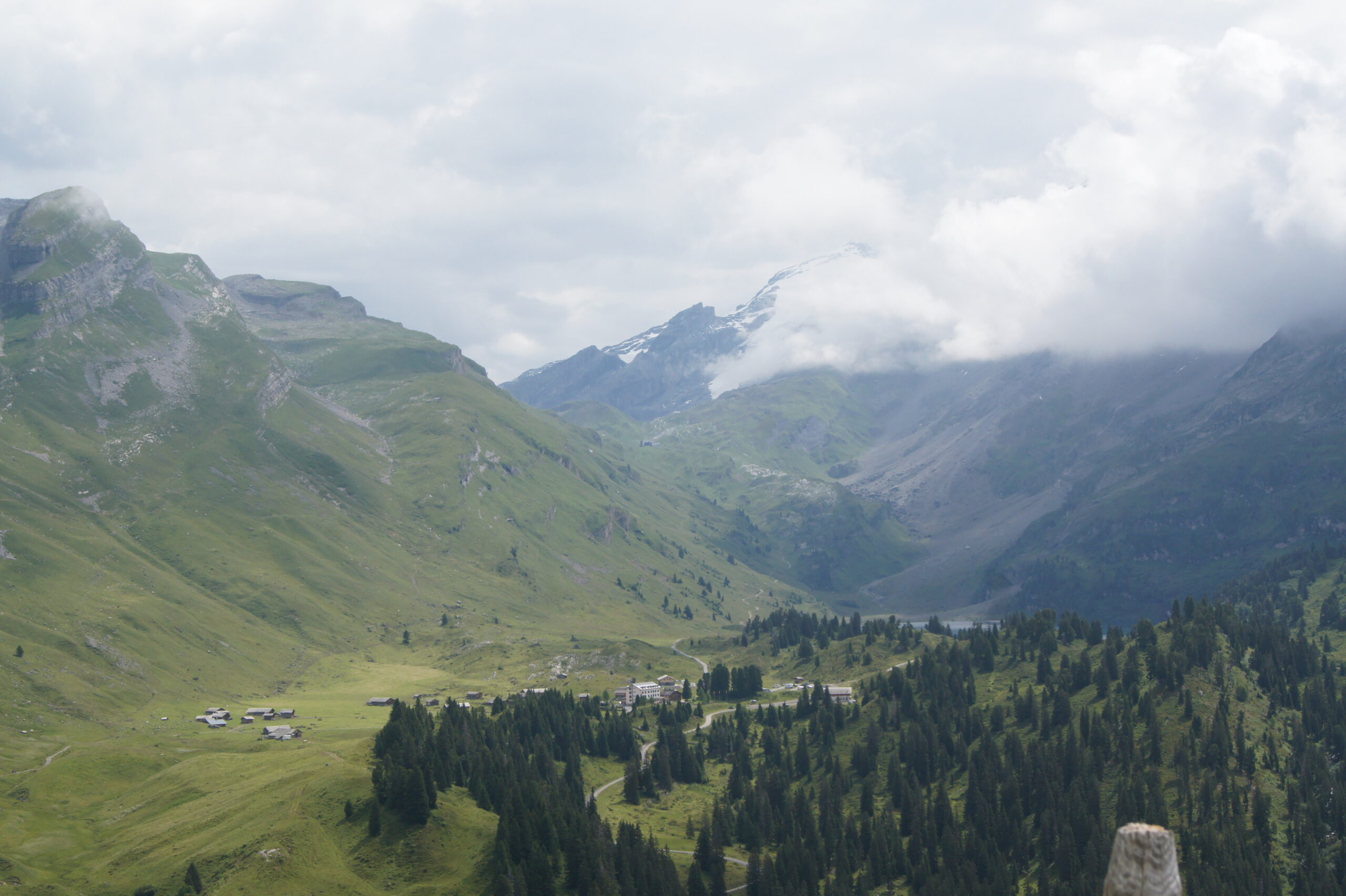

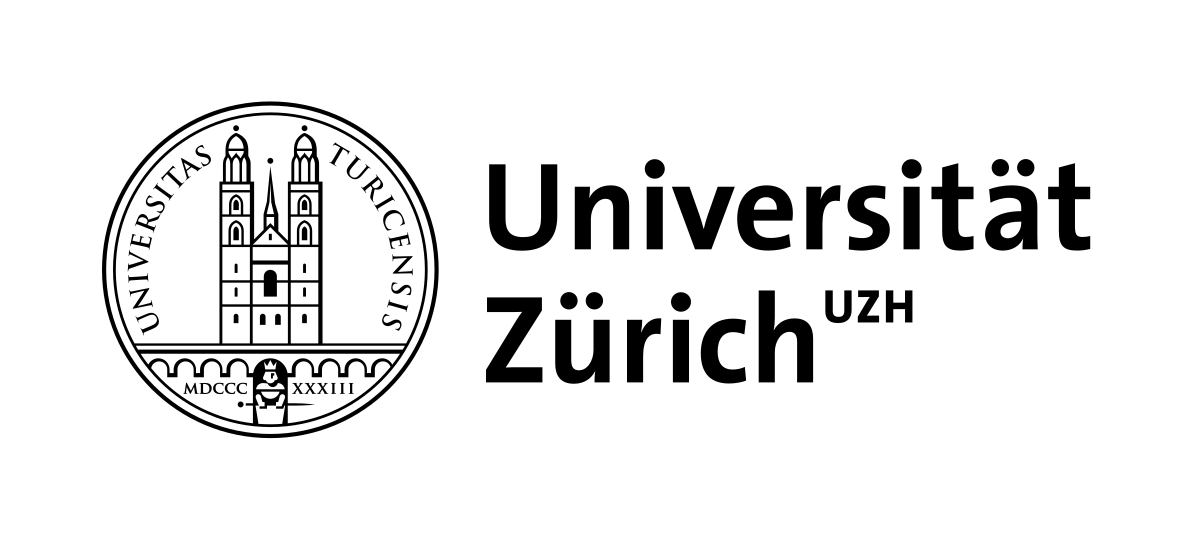
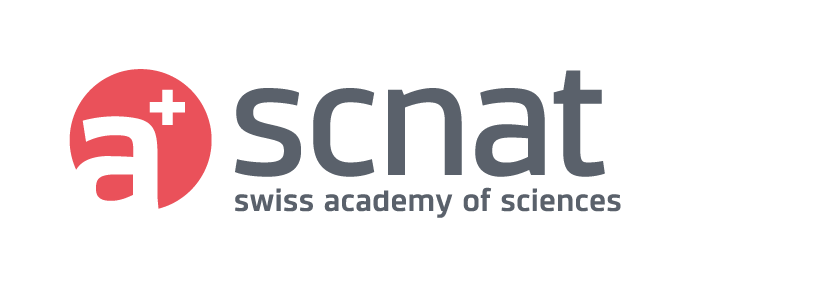
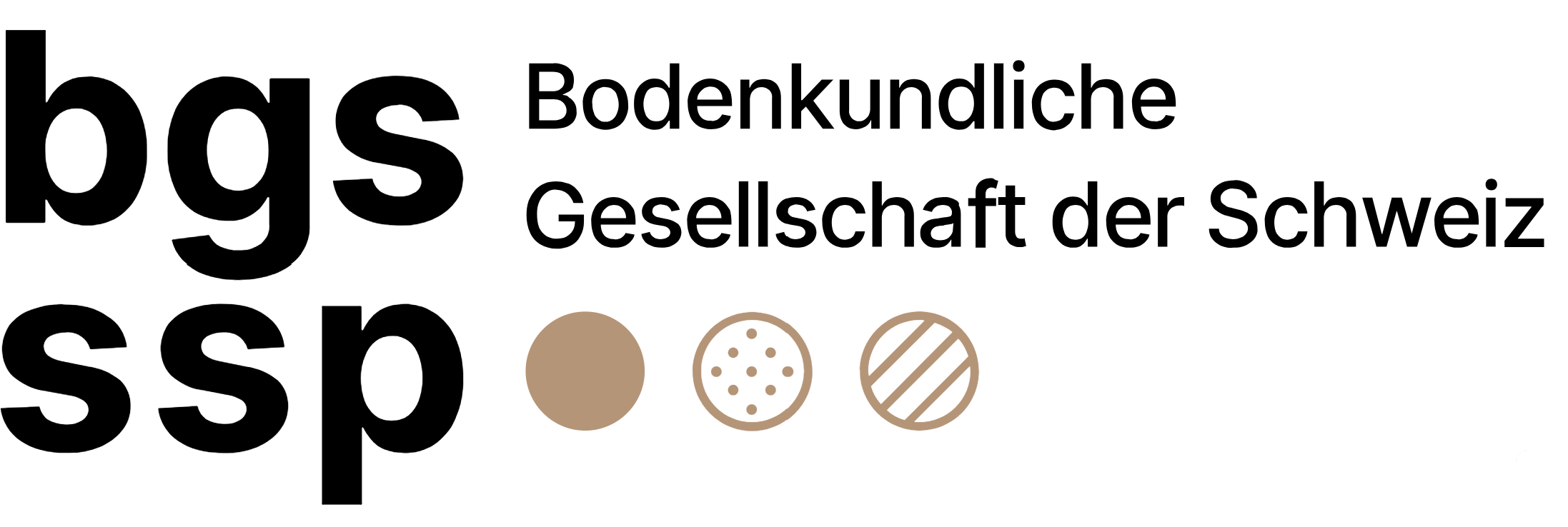

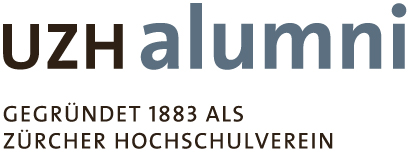
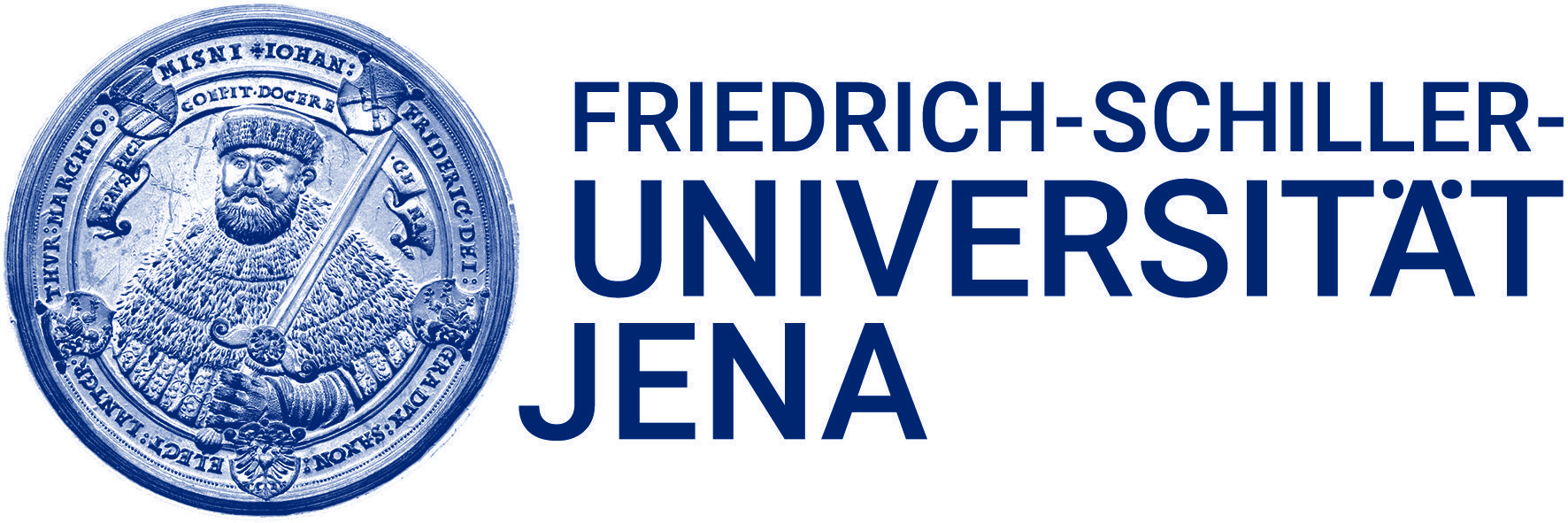
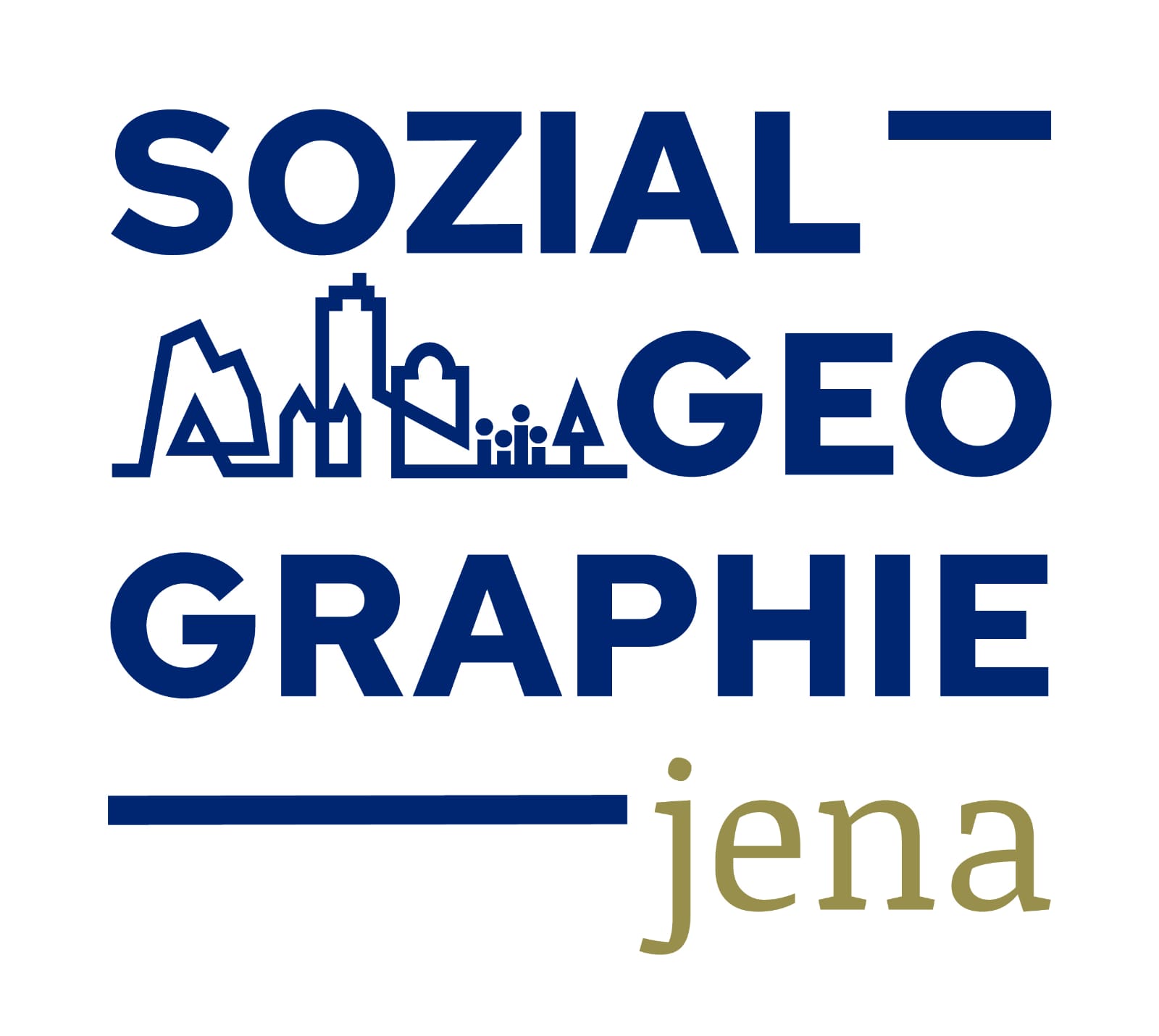
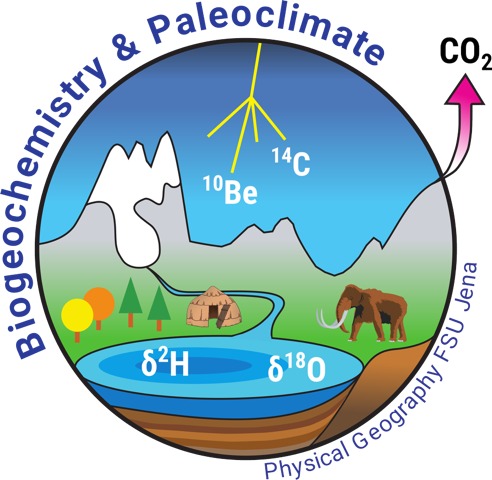
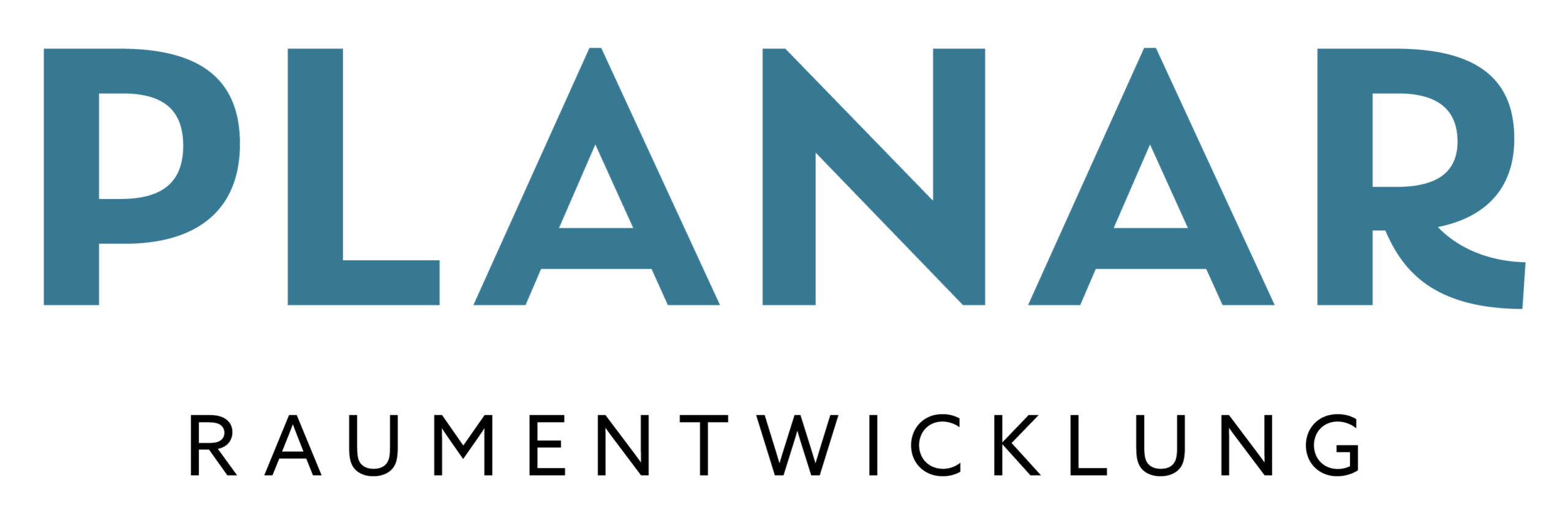
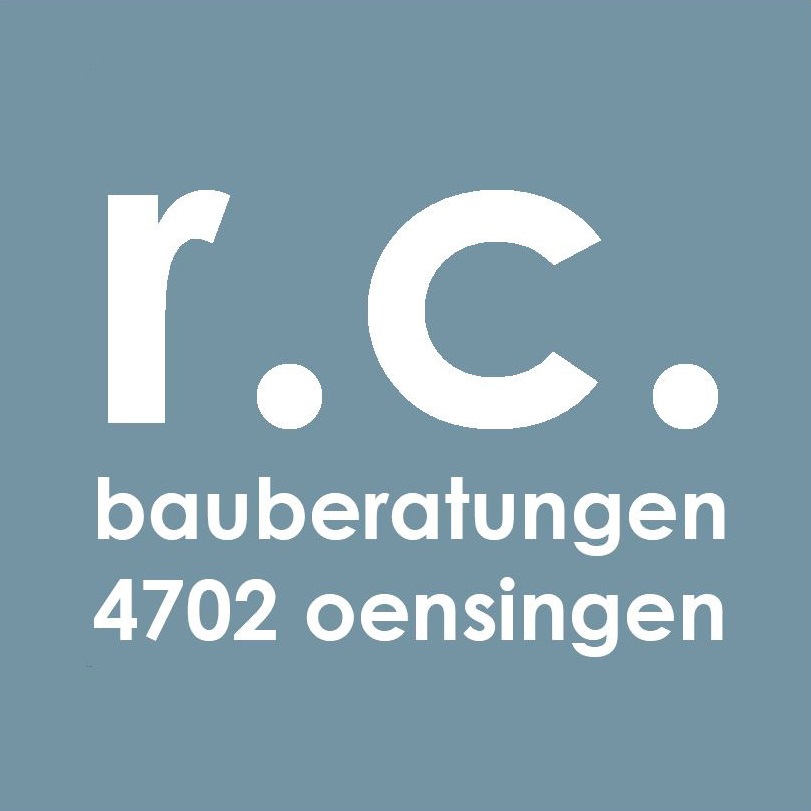
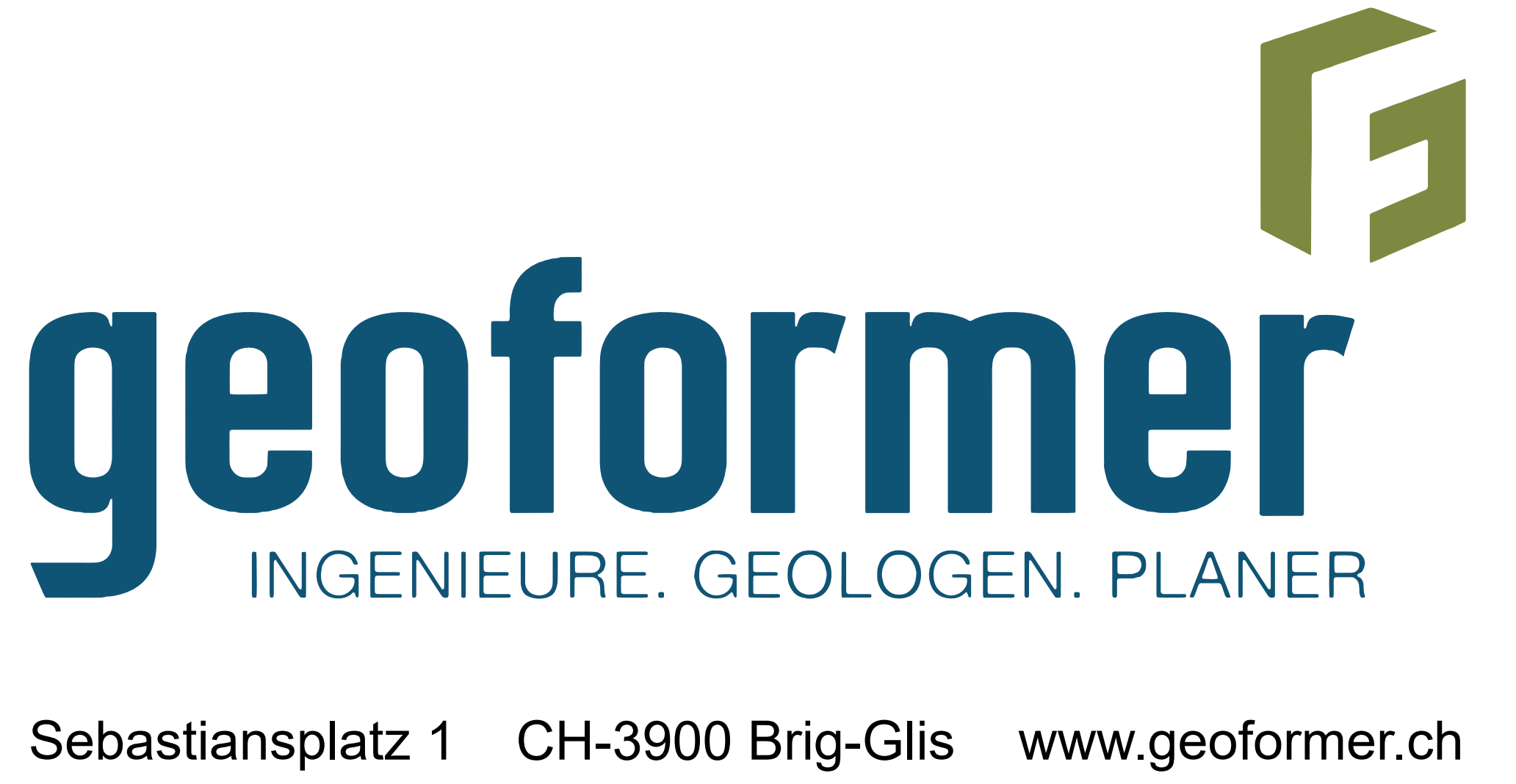




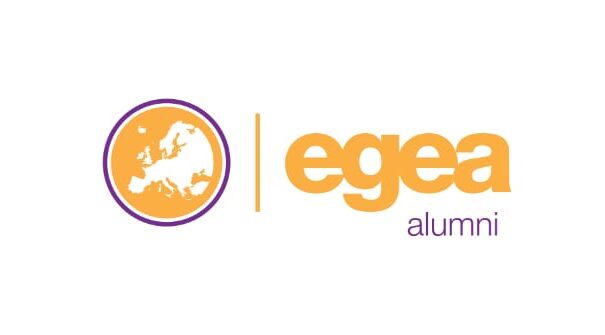
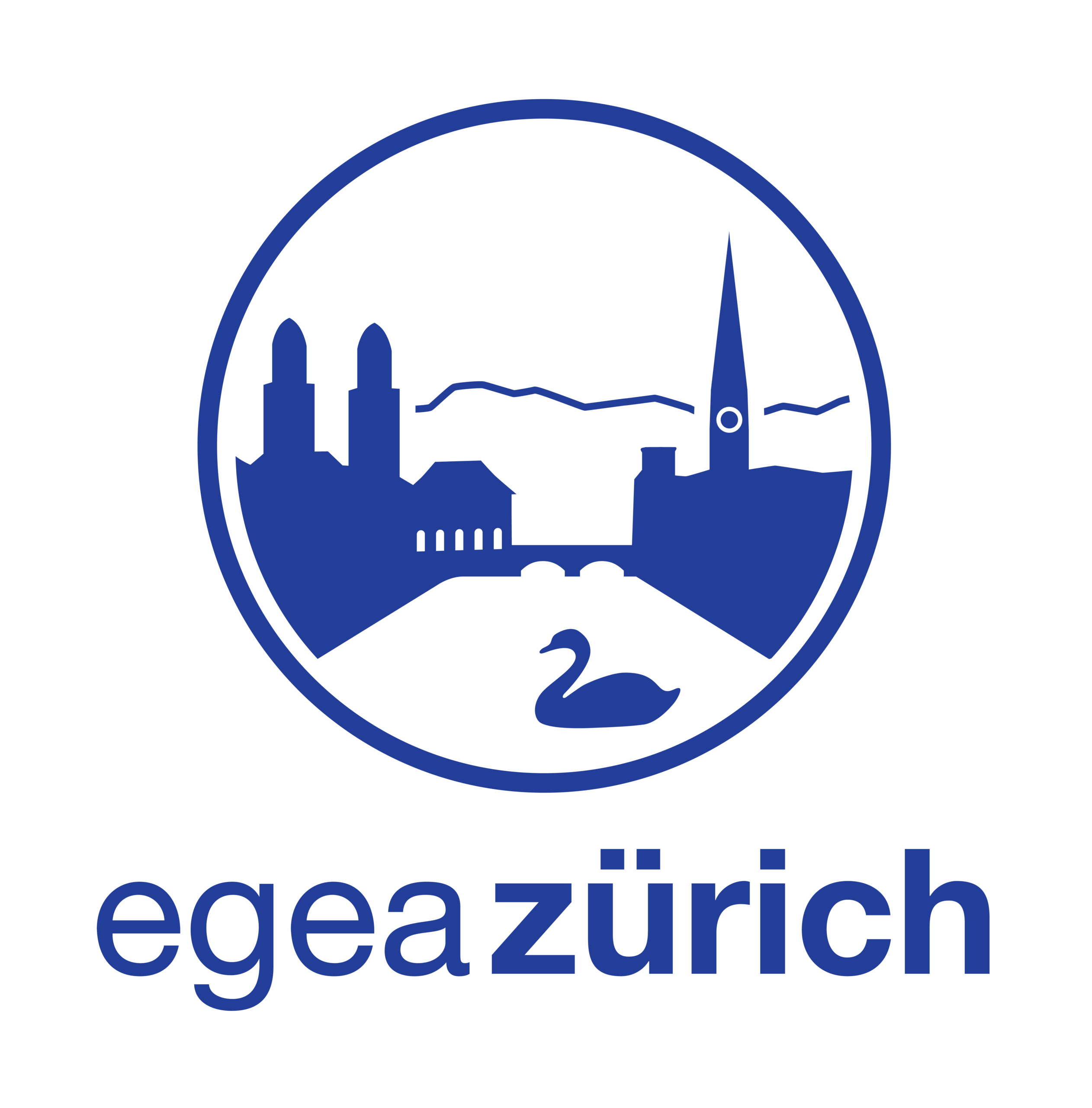
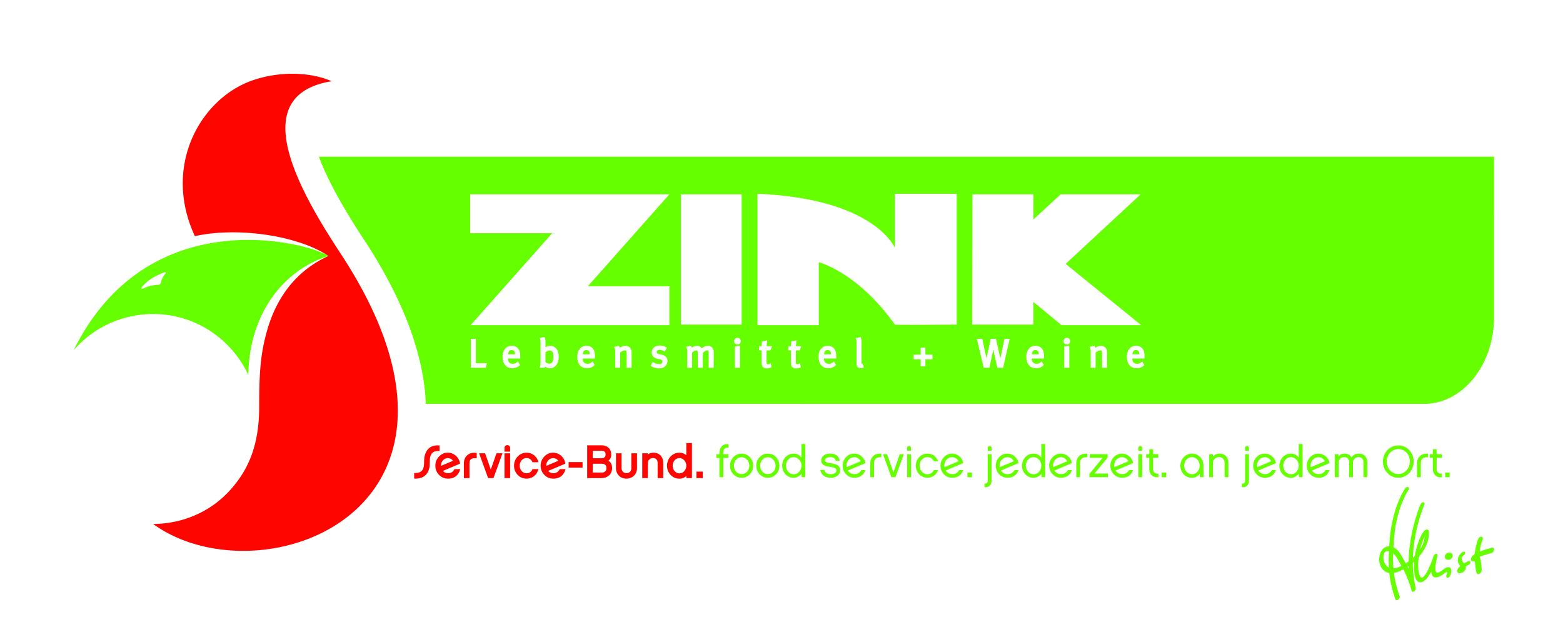
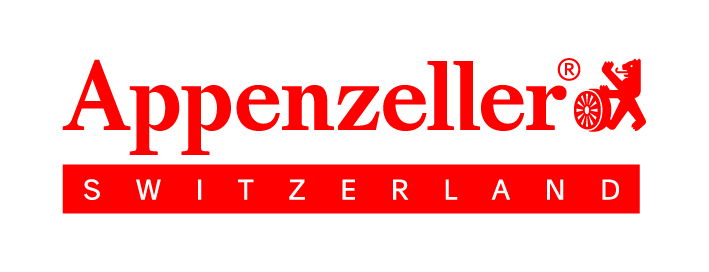
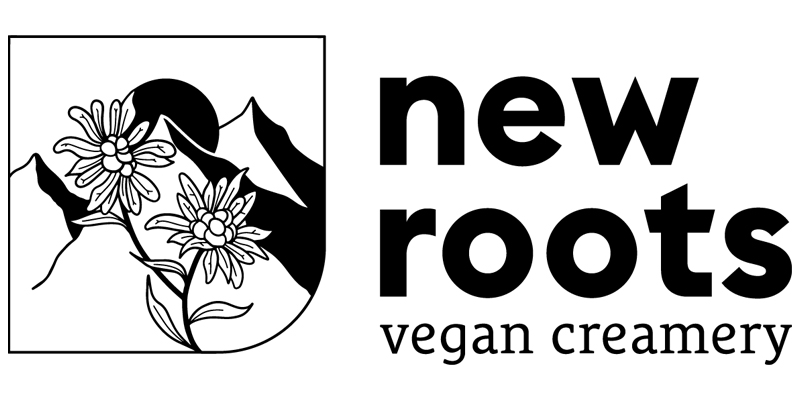
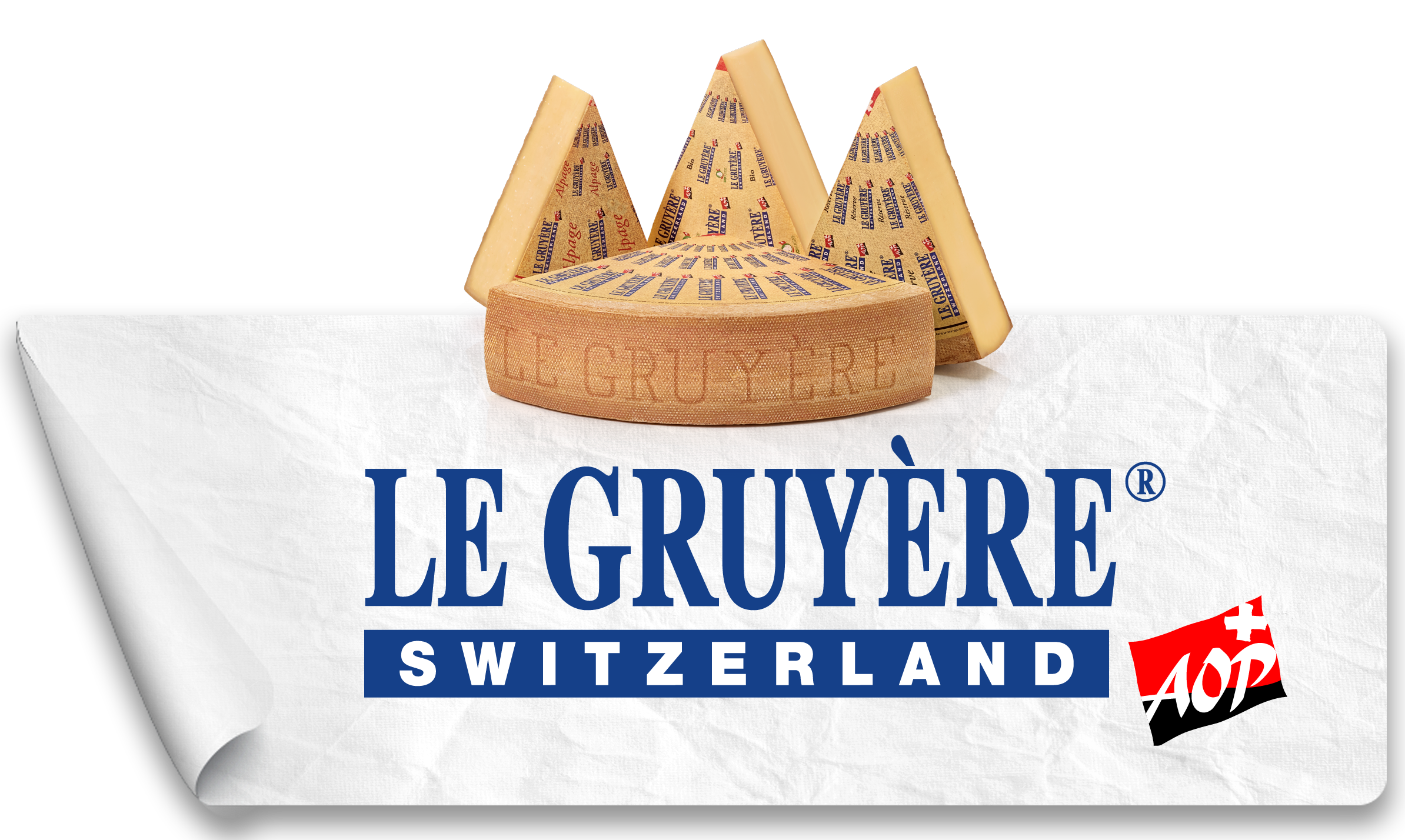
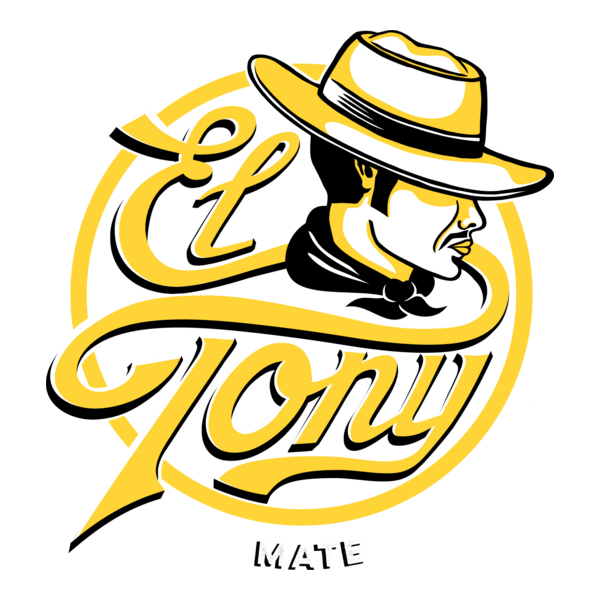
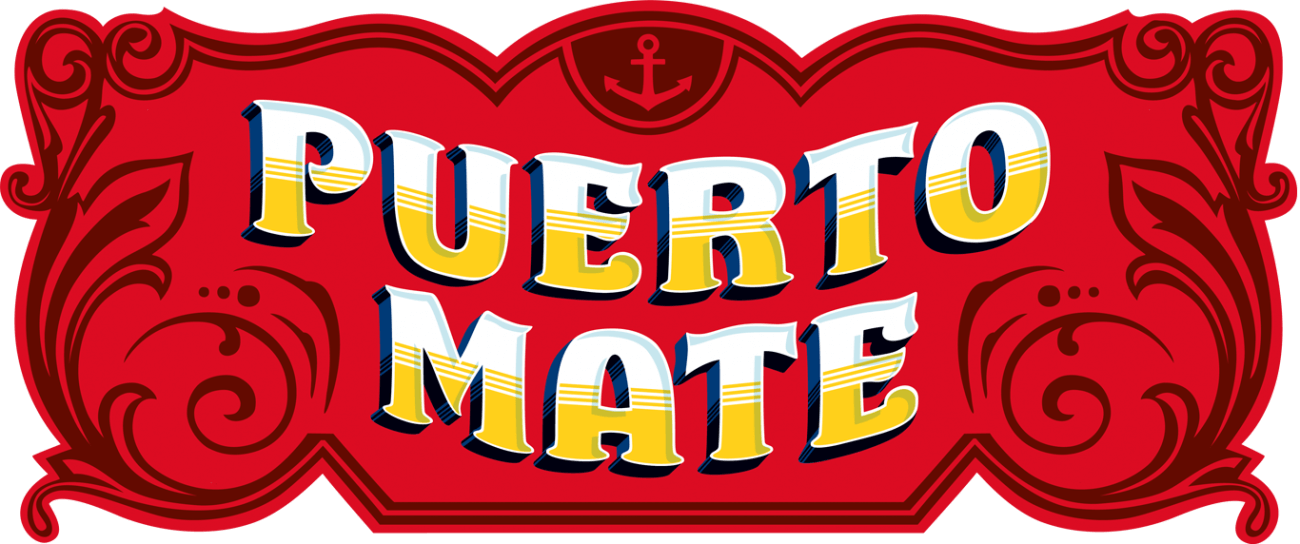

currently freshly after the NBRC I am postponing the Post Congress Depression by being super excited about AC25, love you guys, you’re doing great work!!!